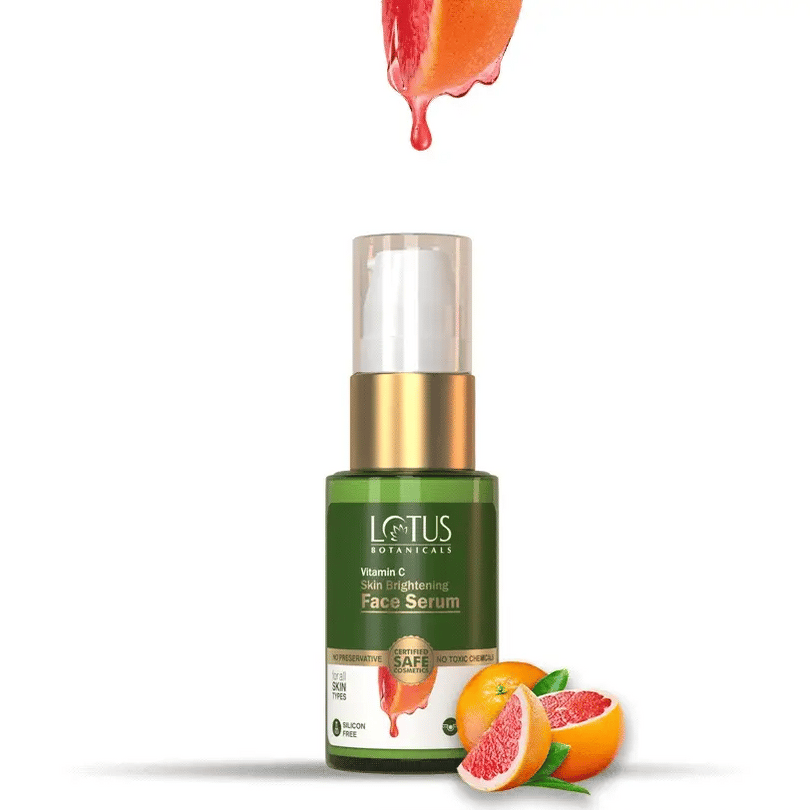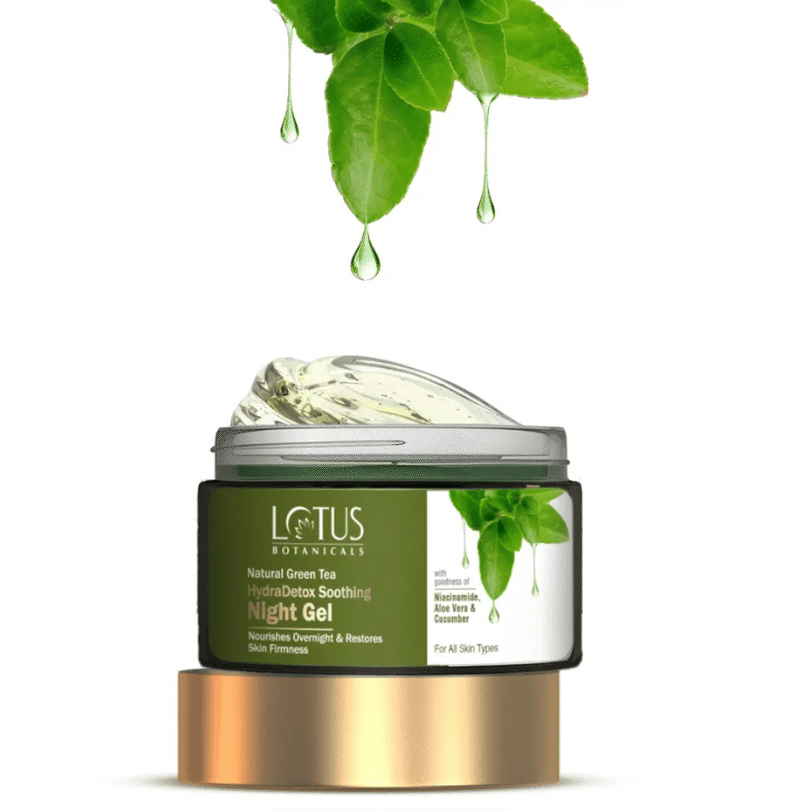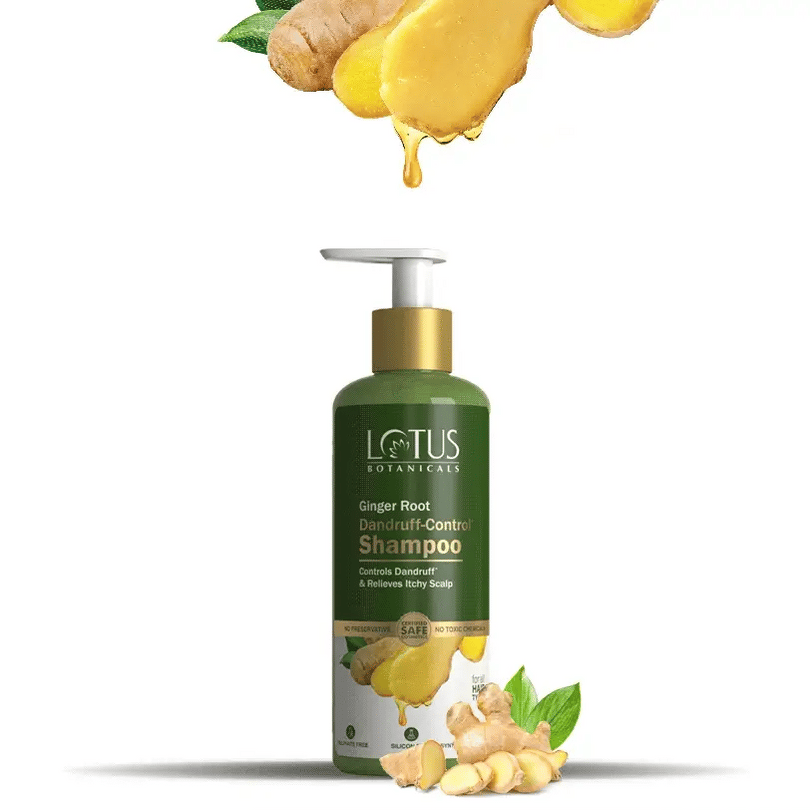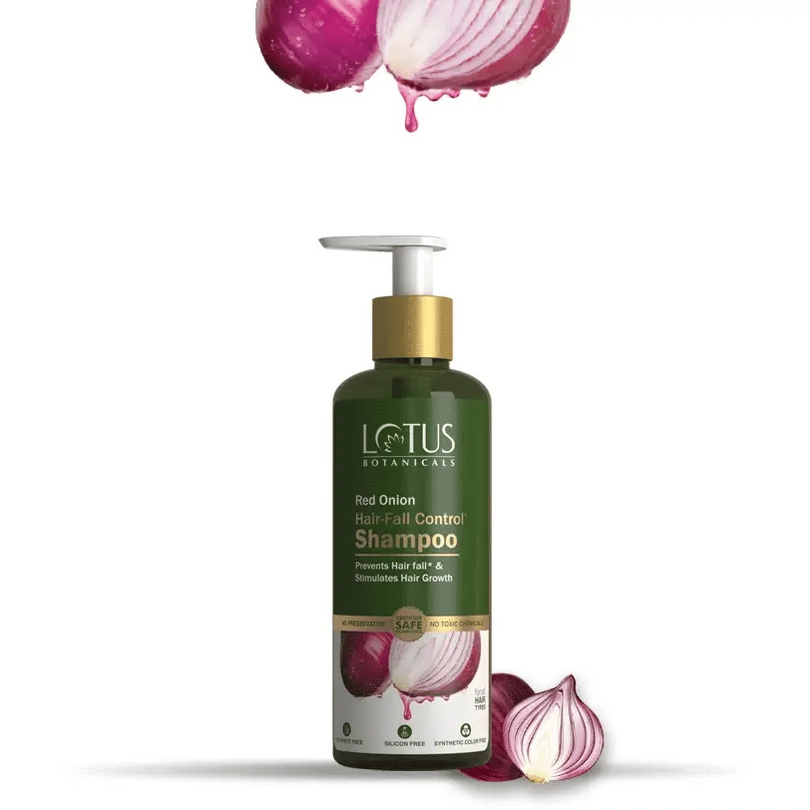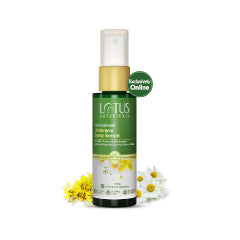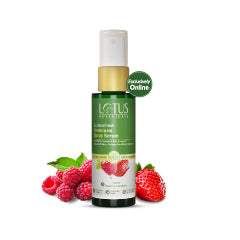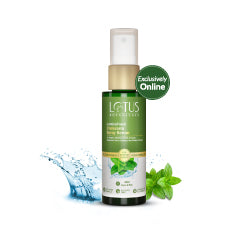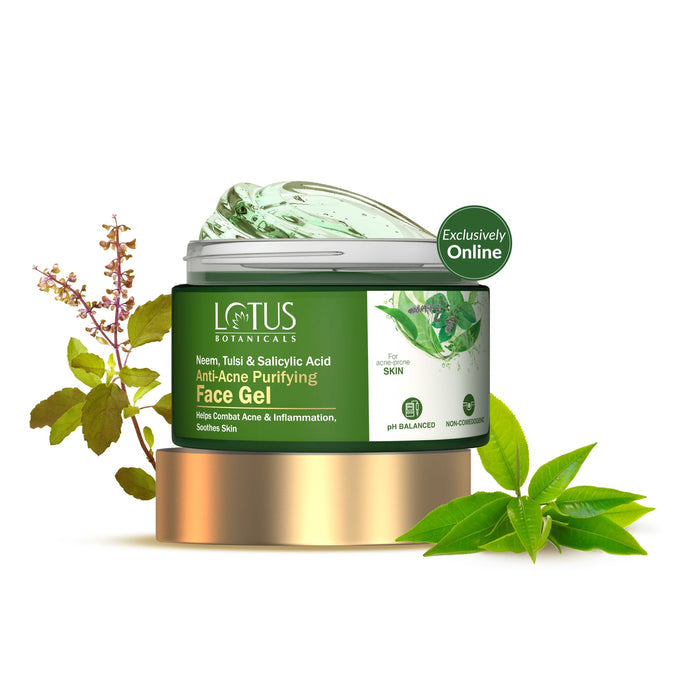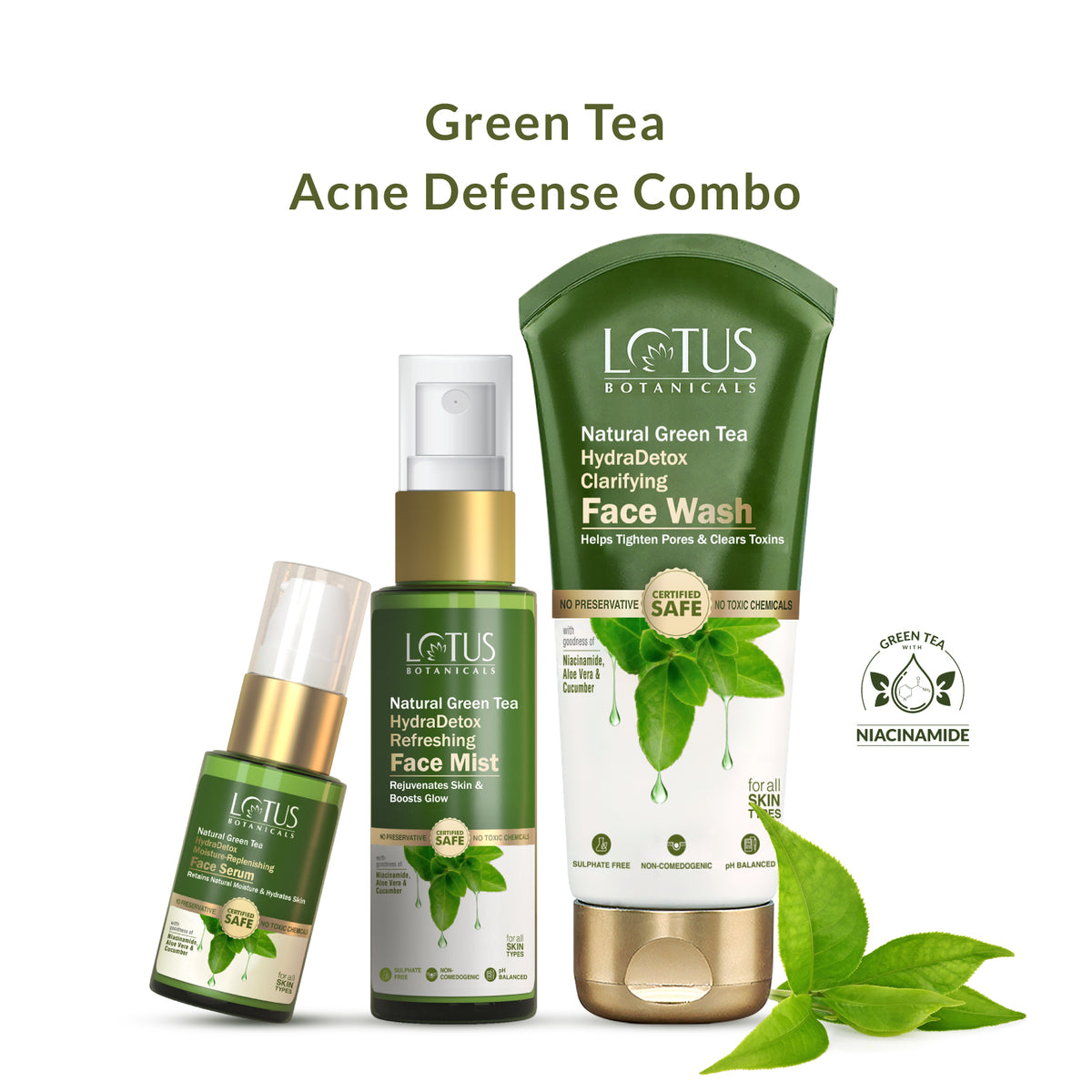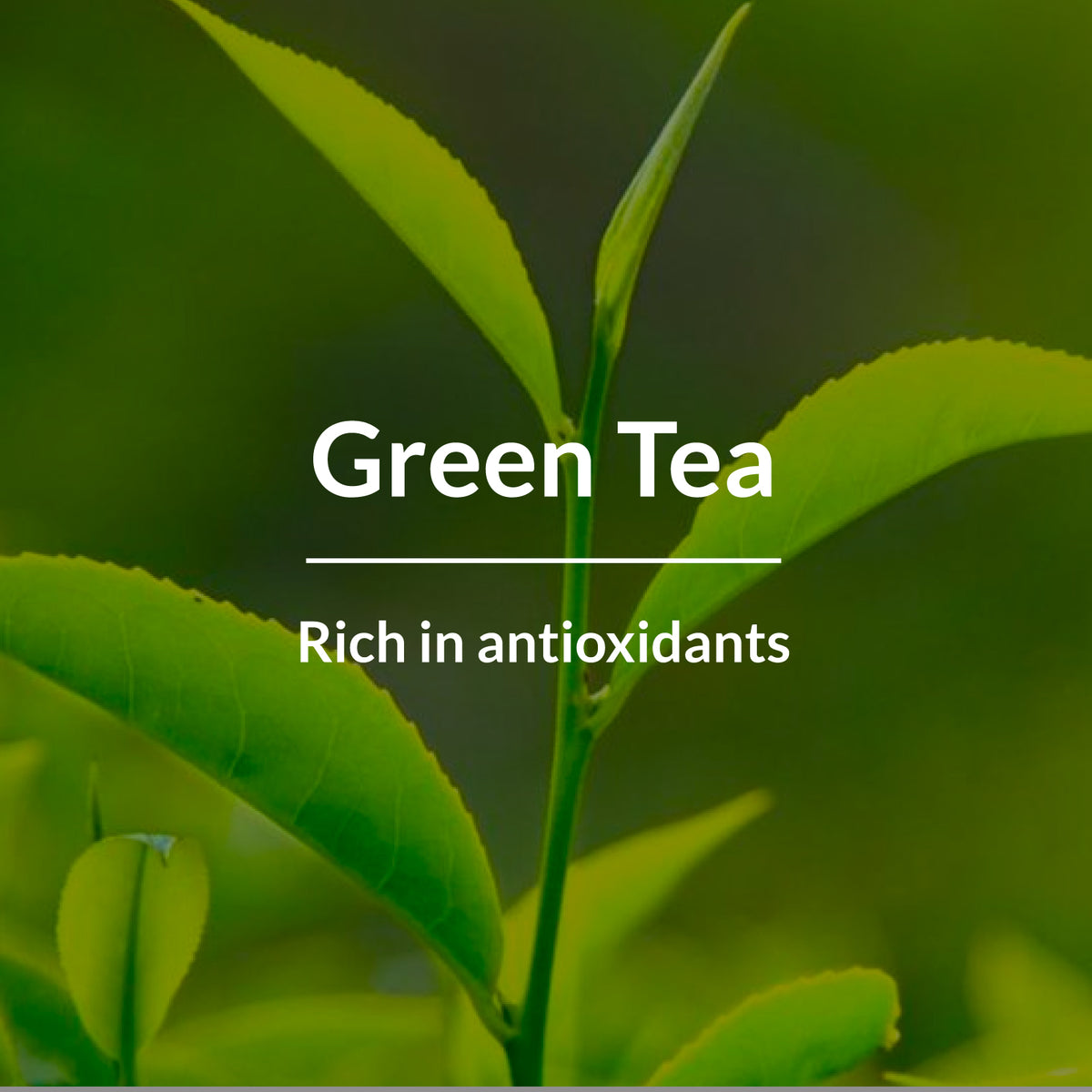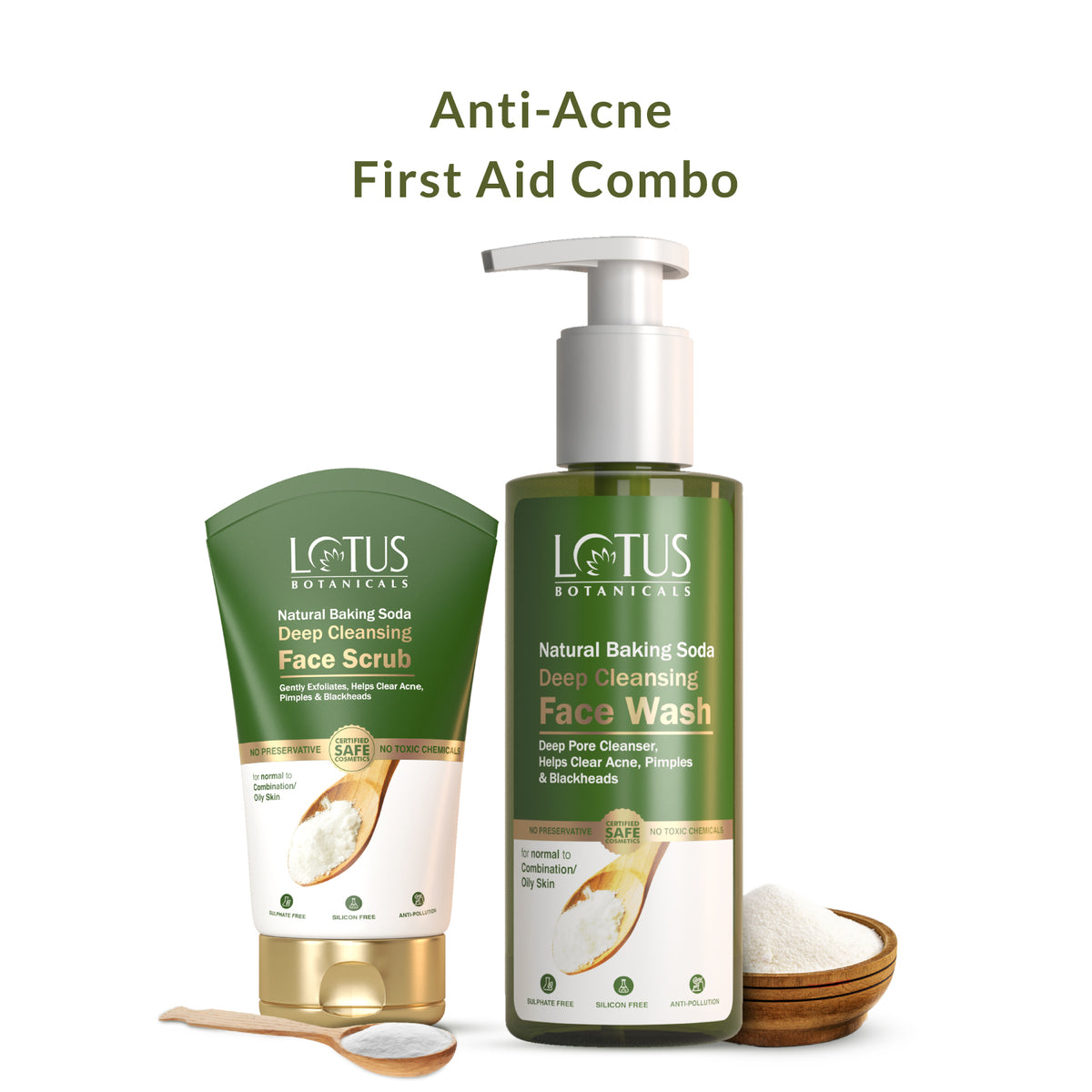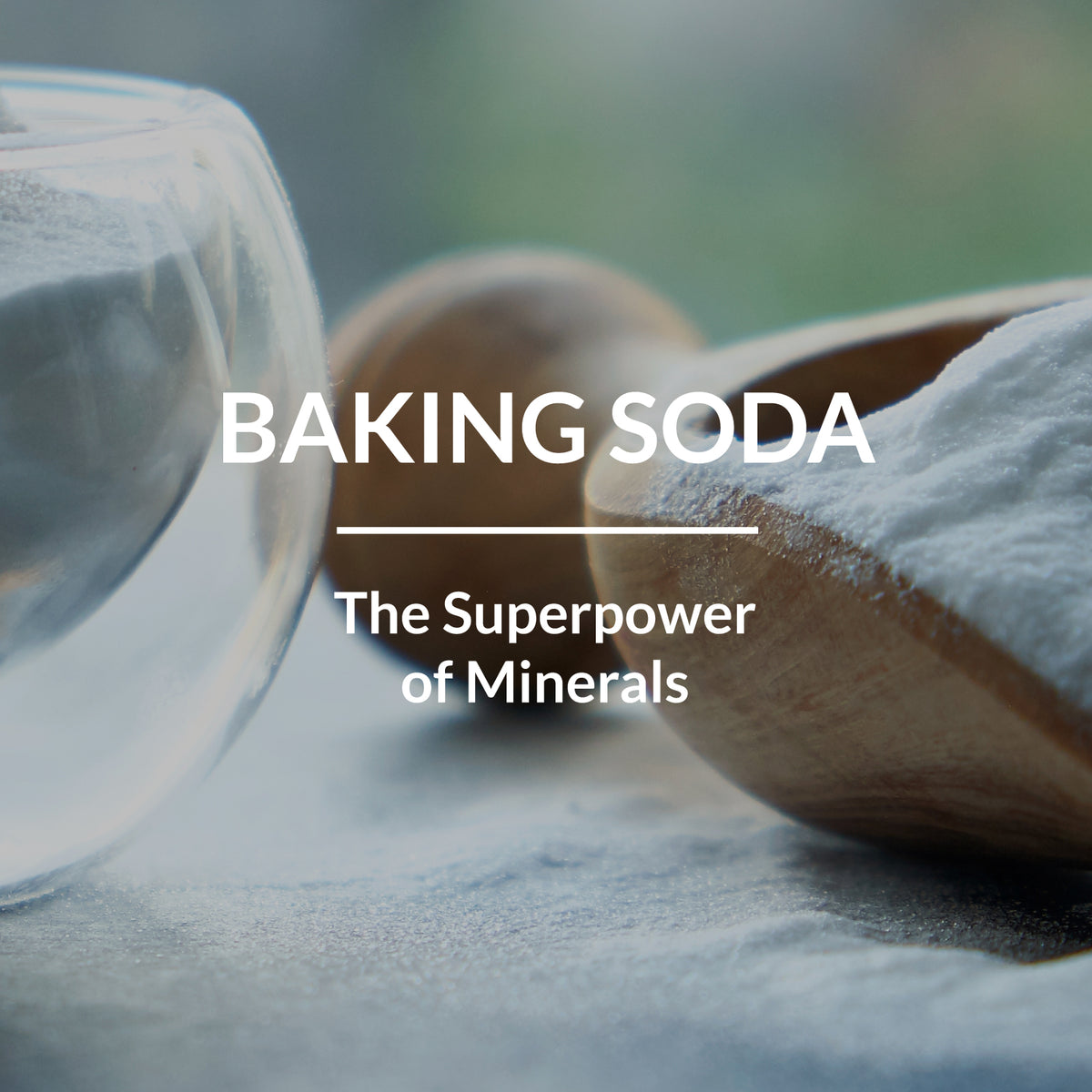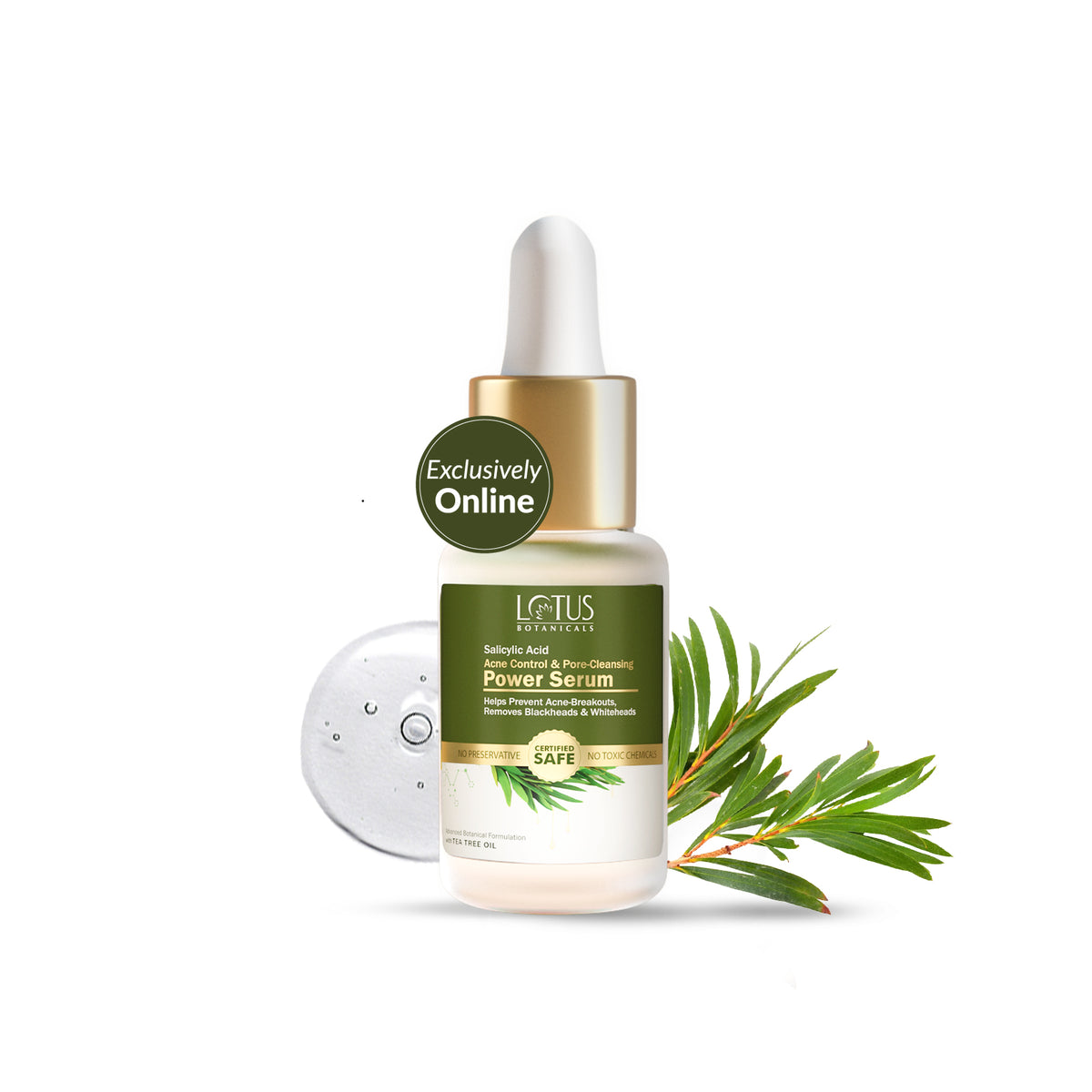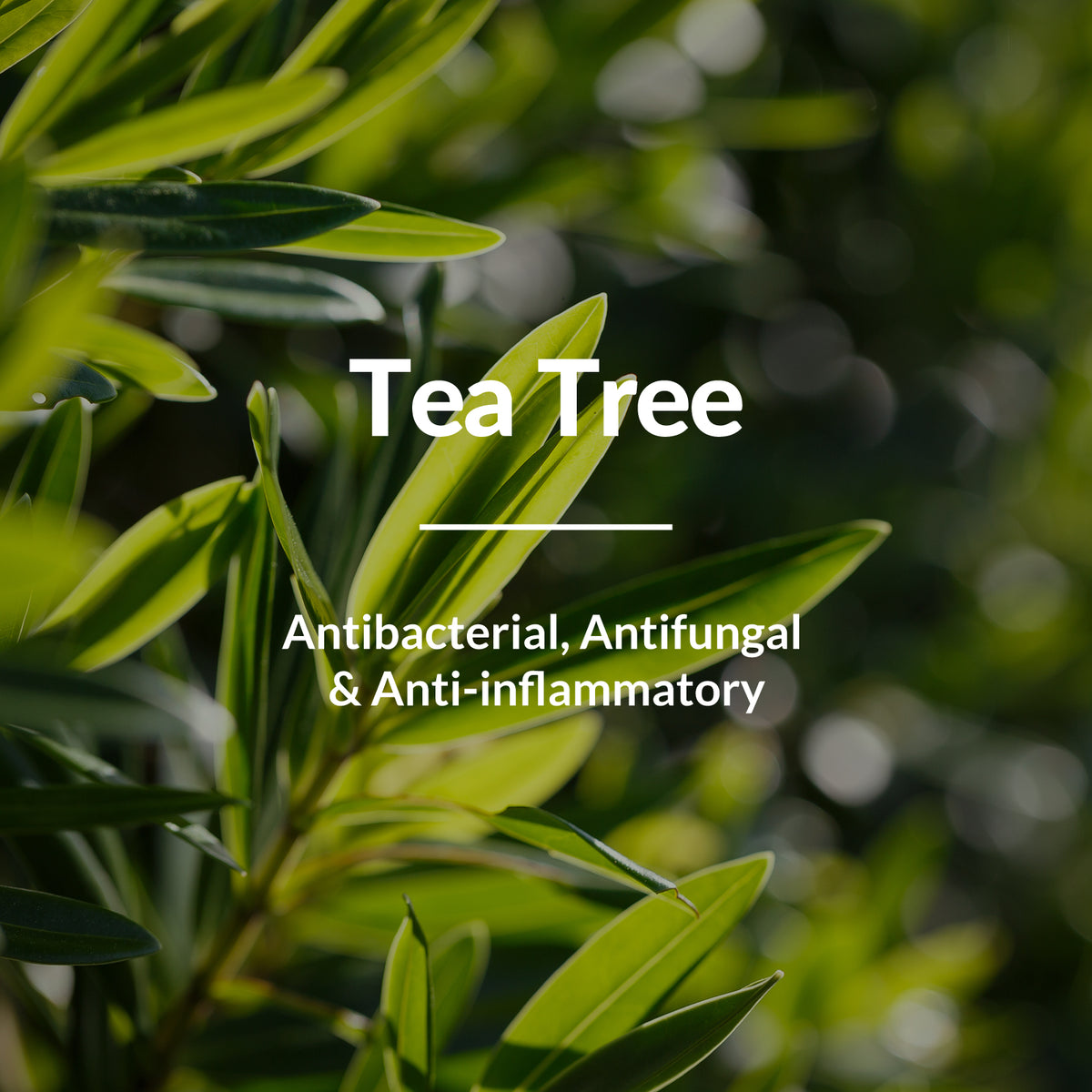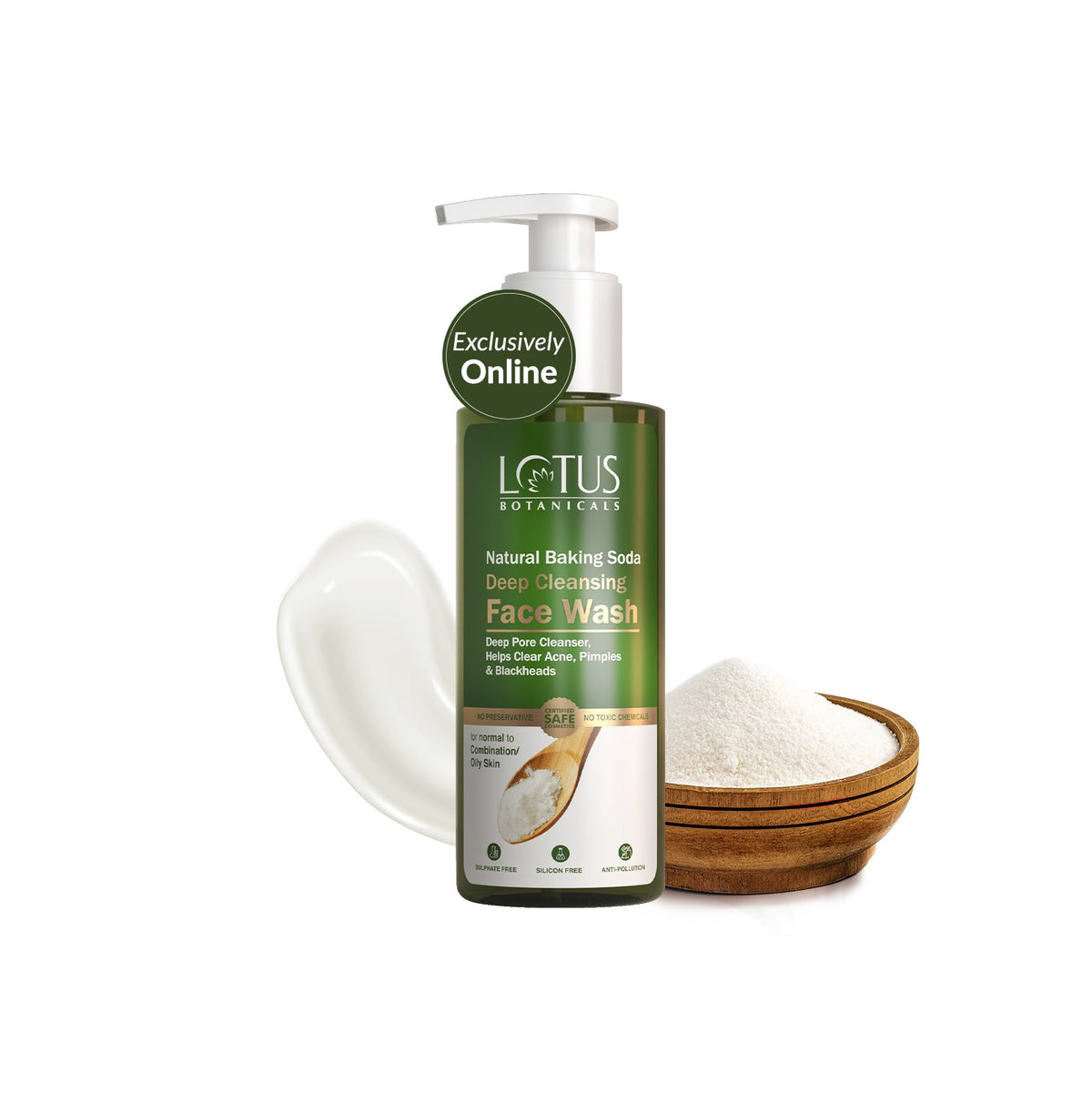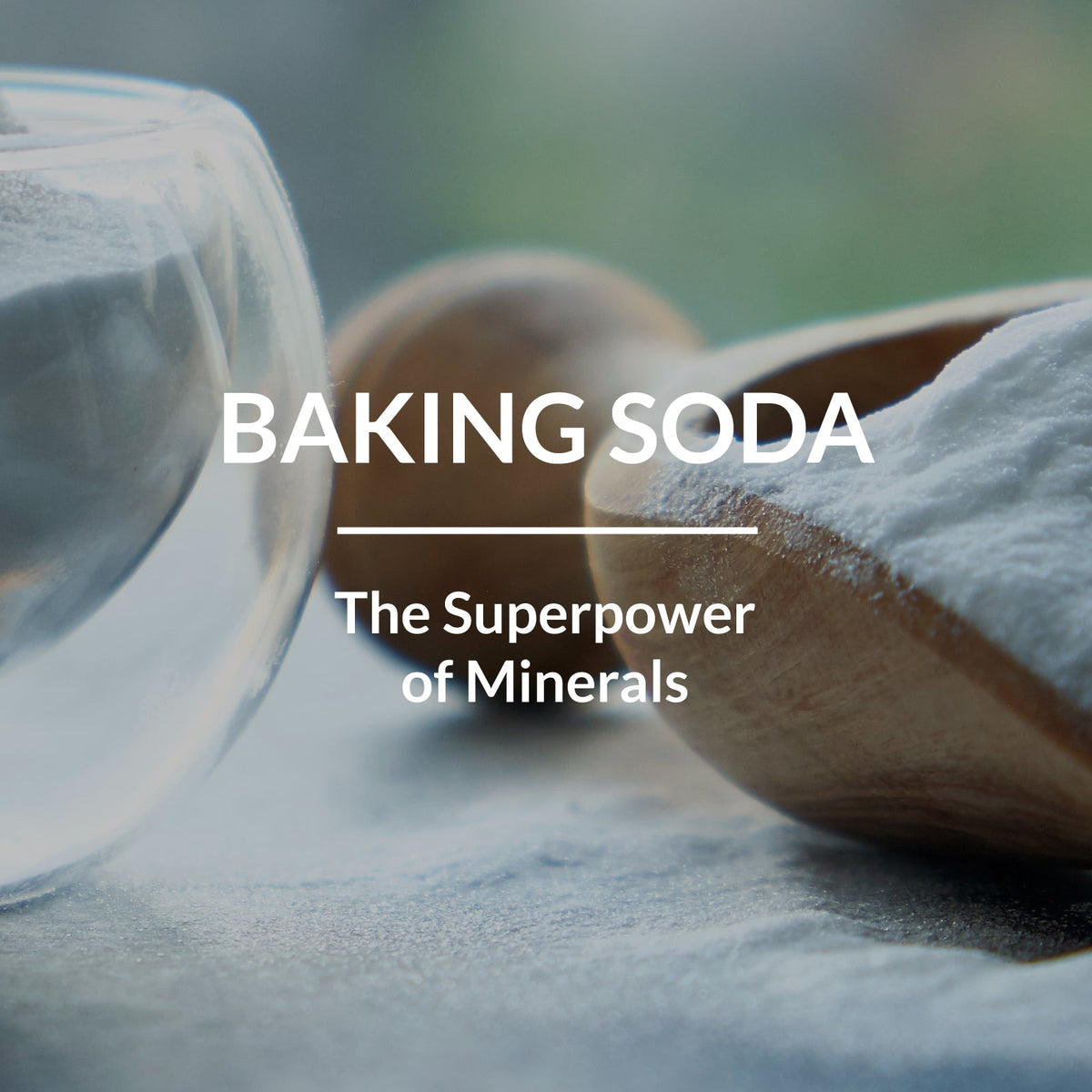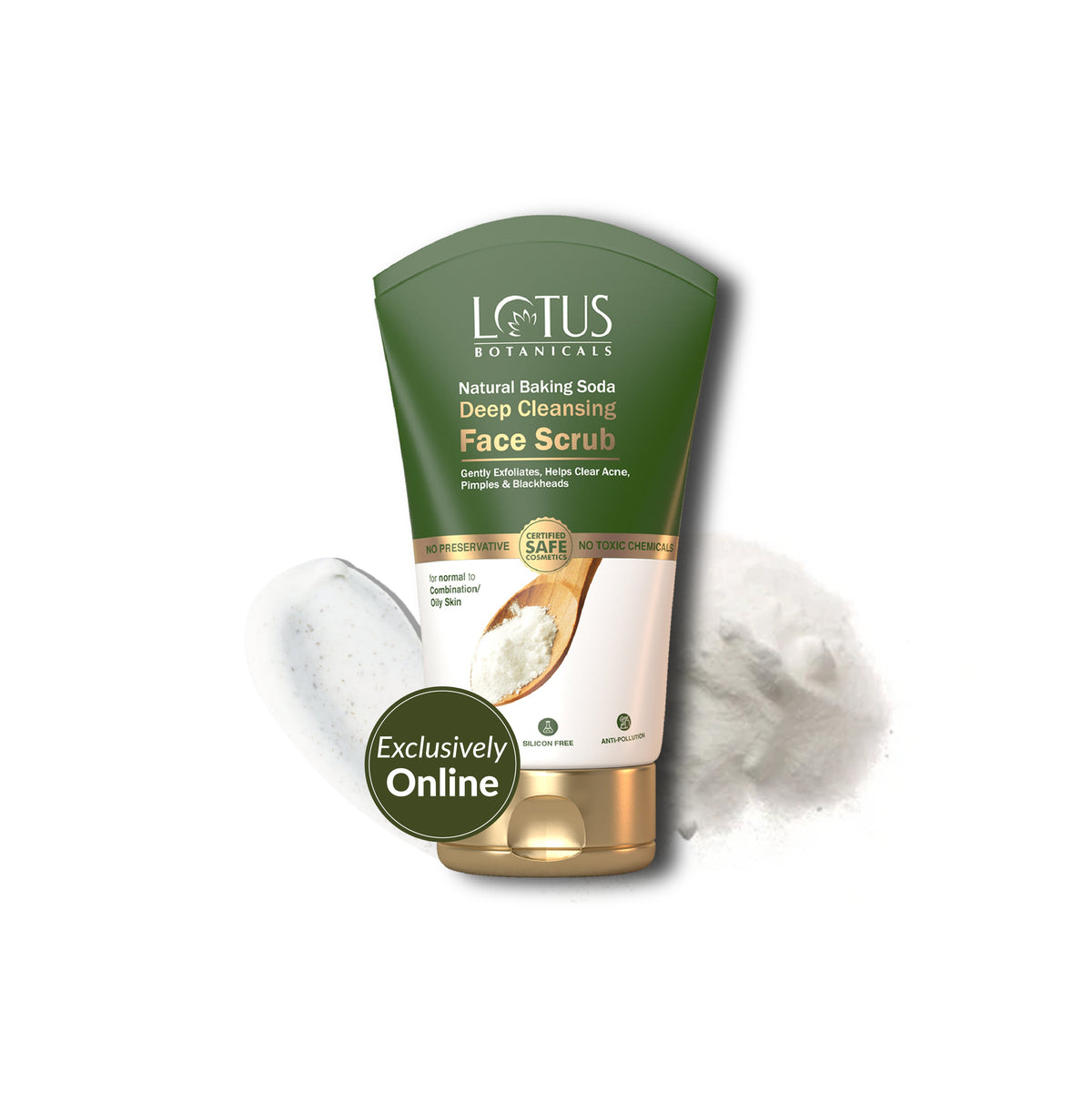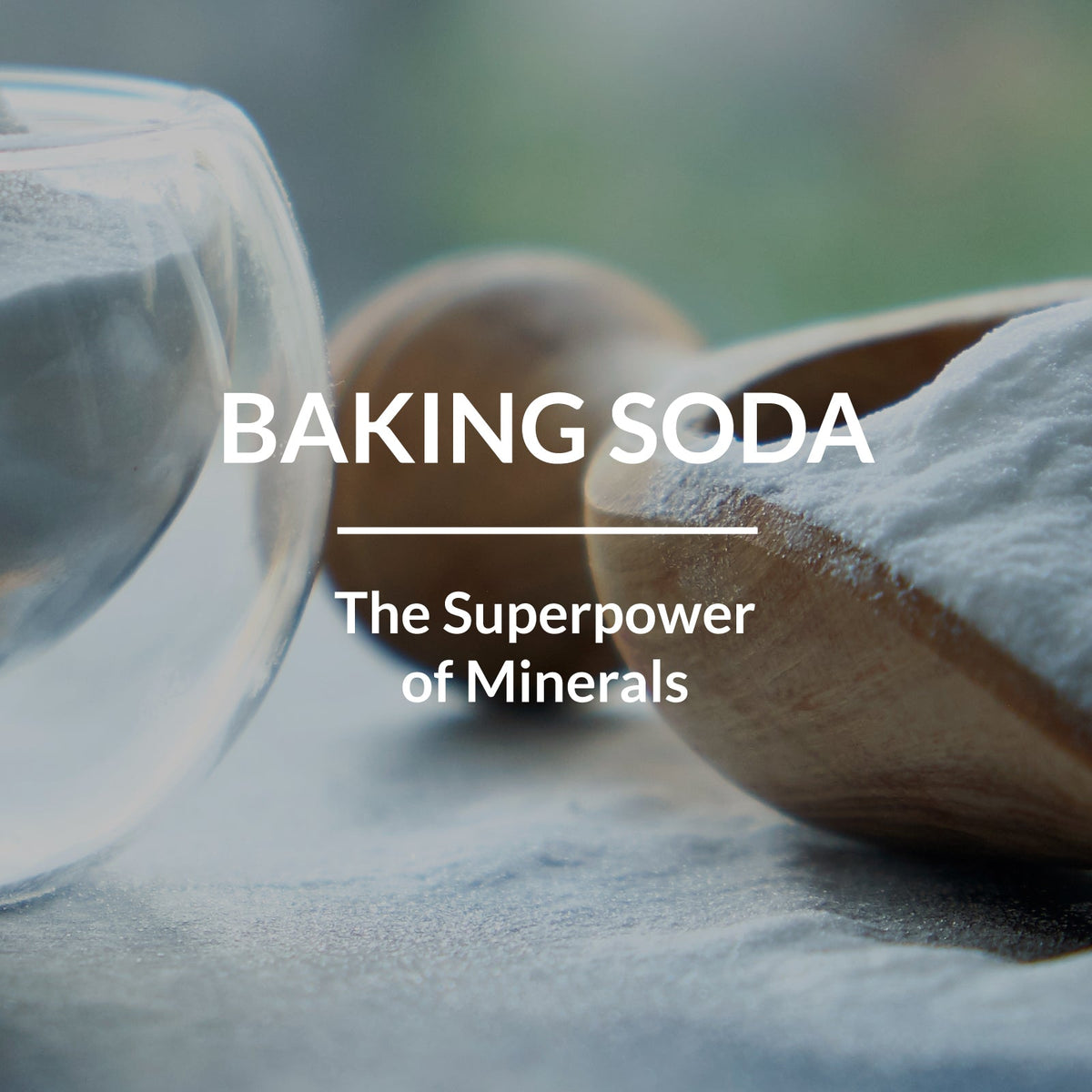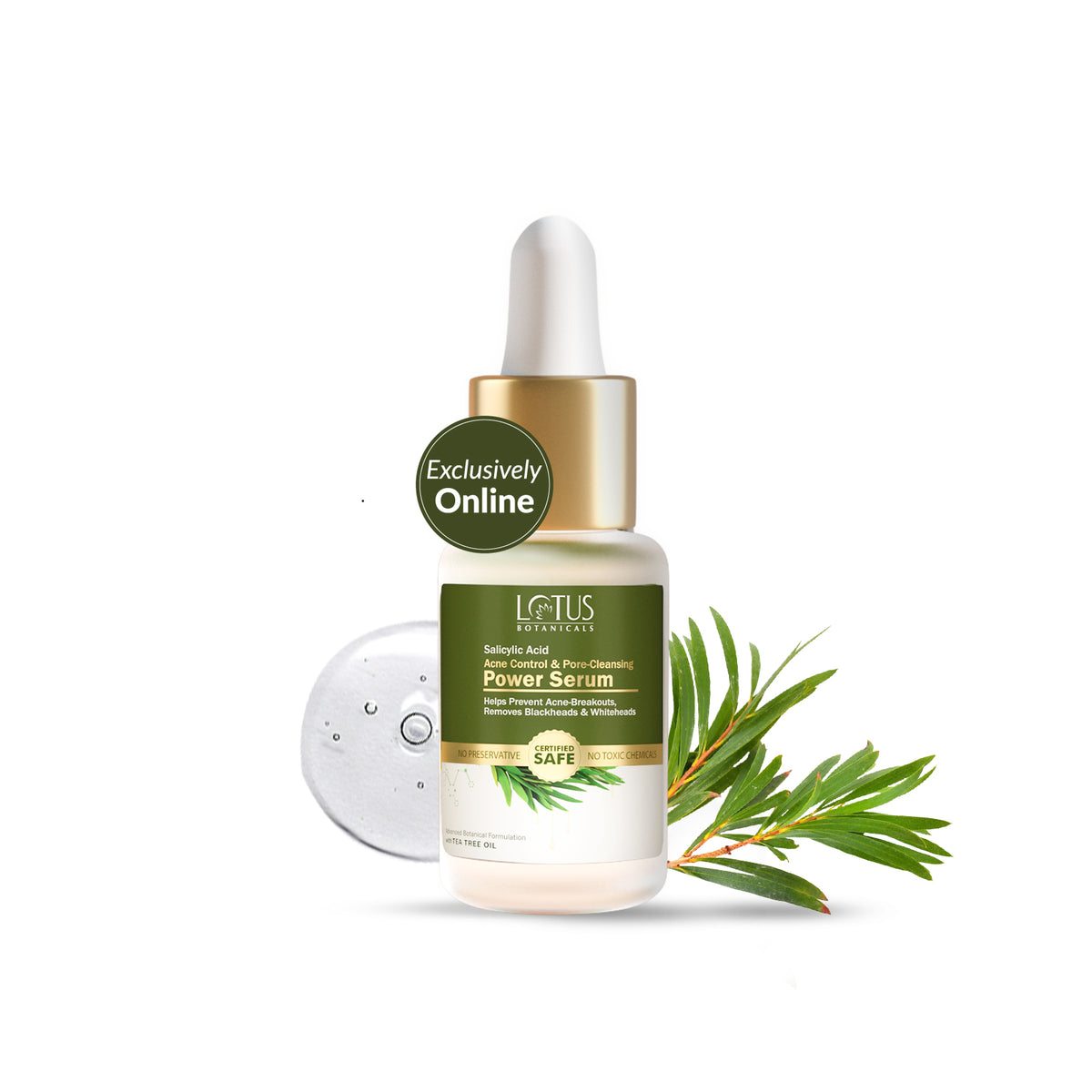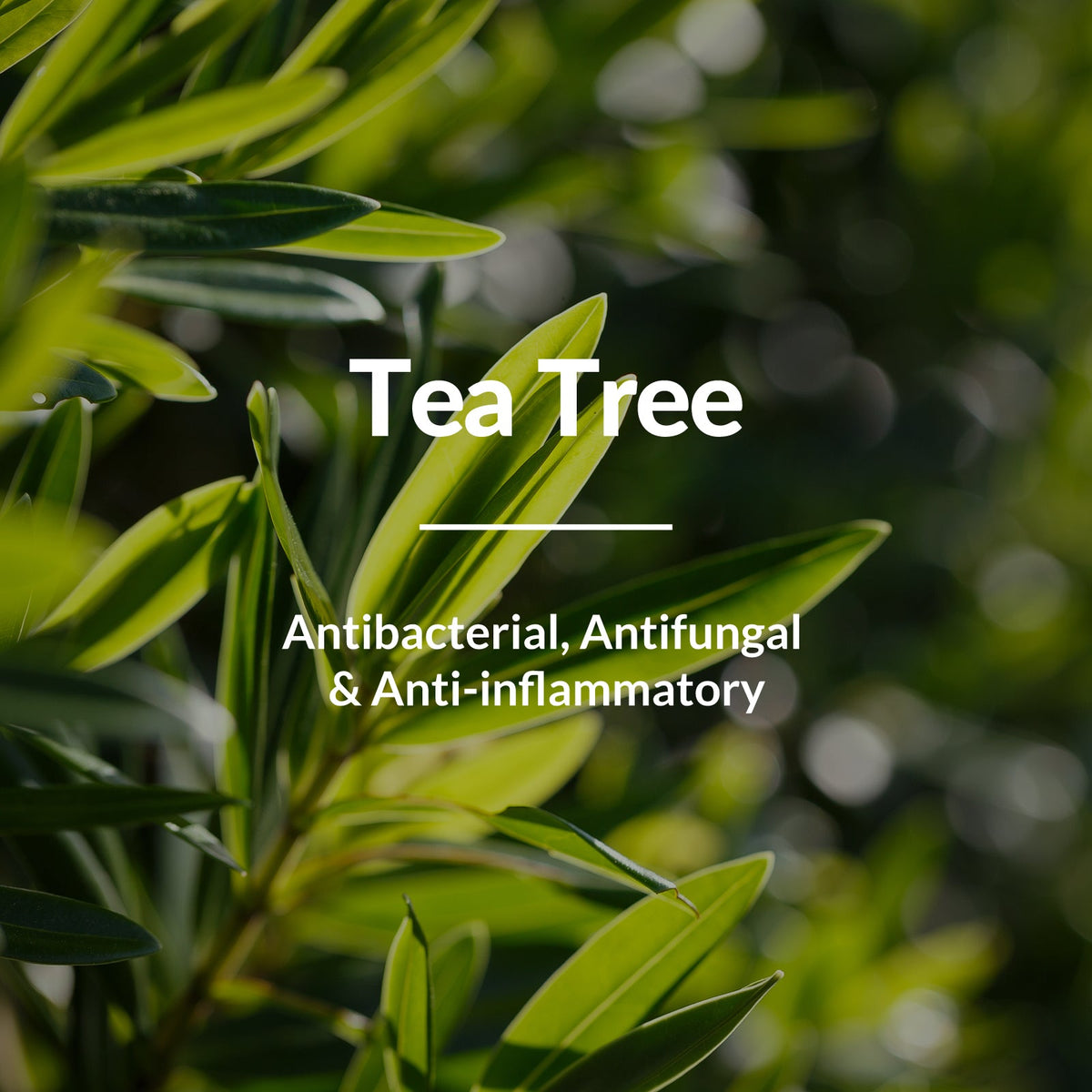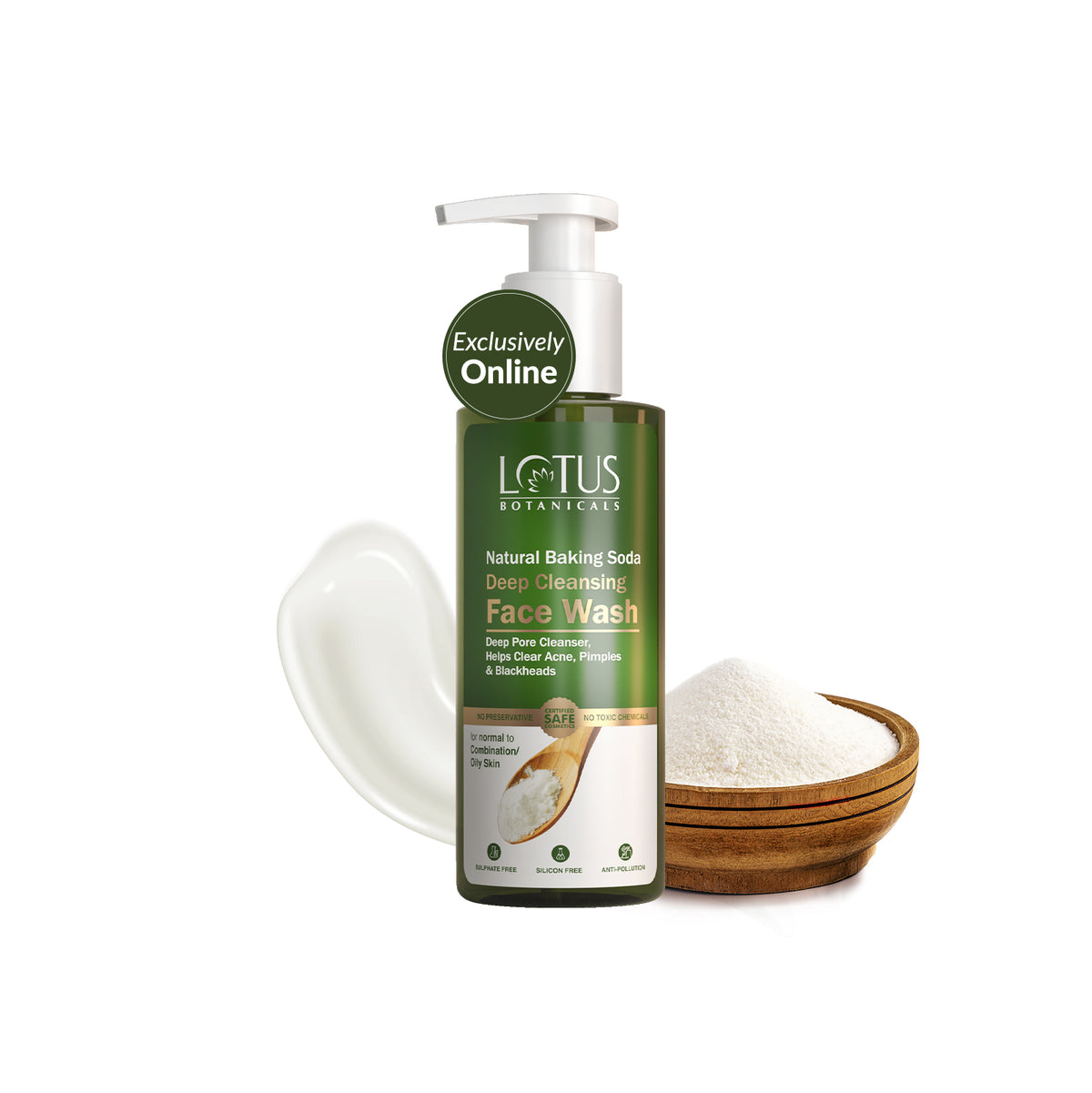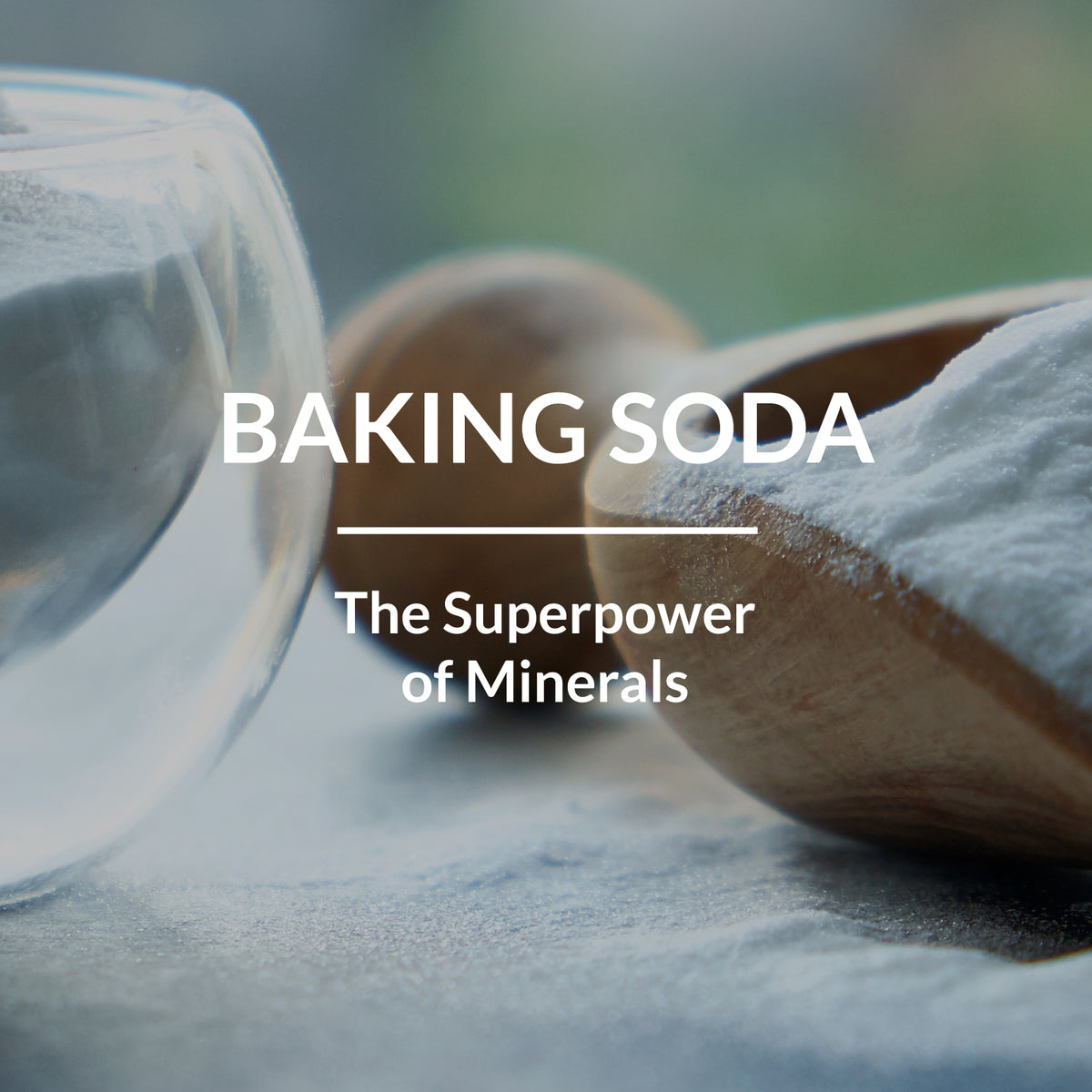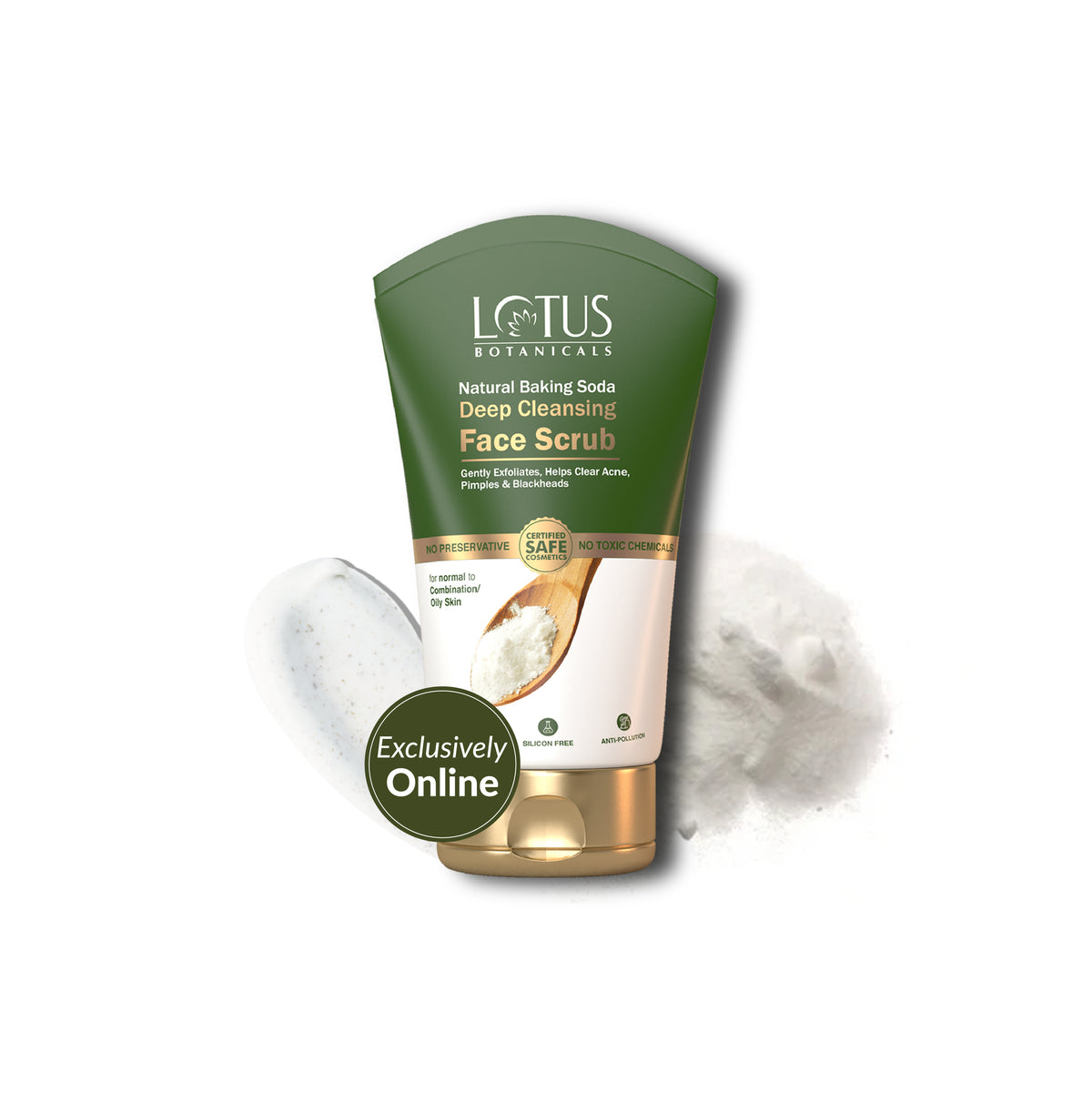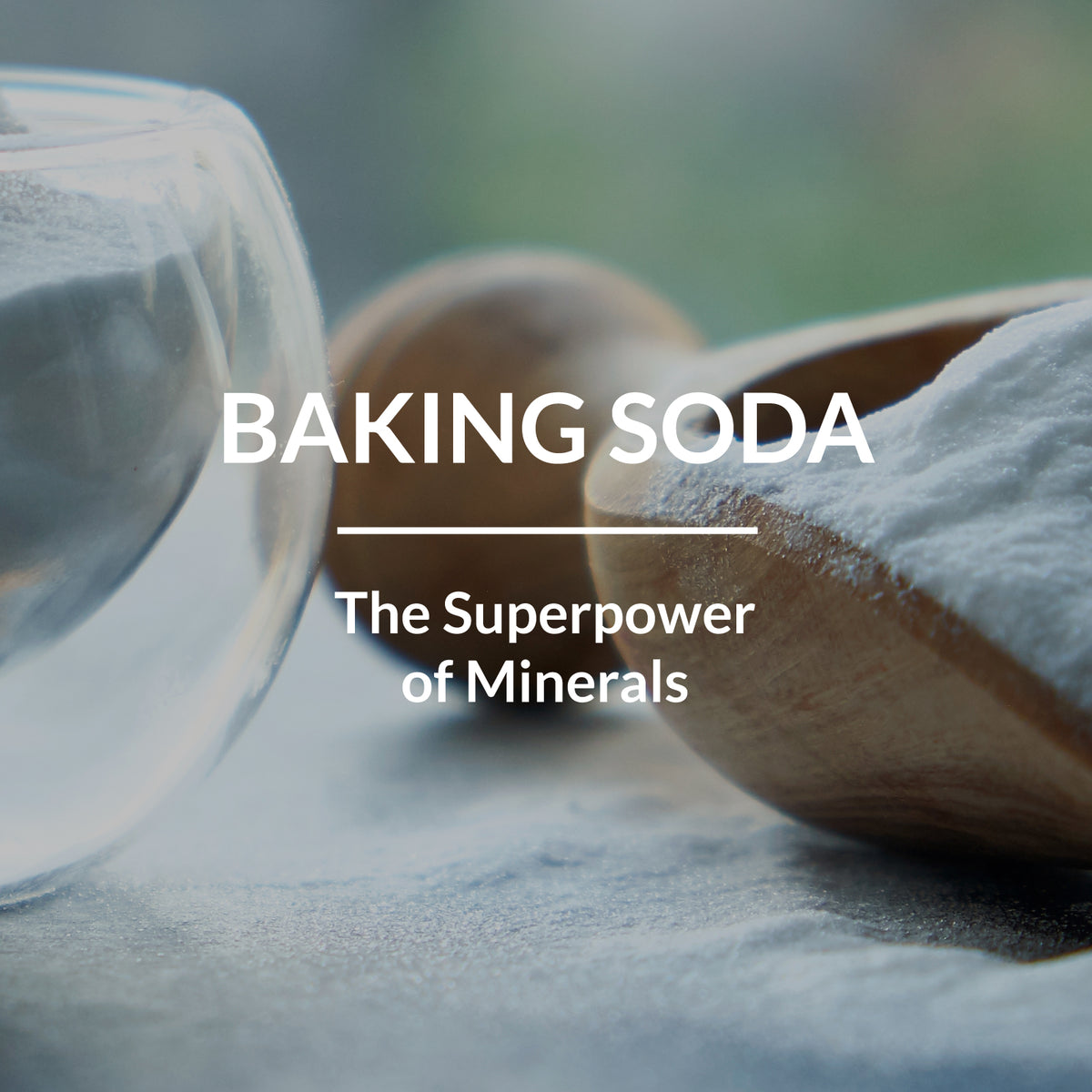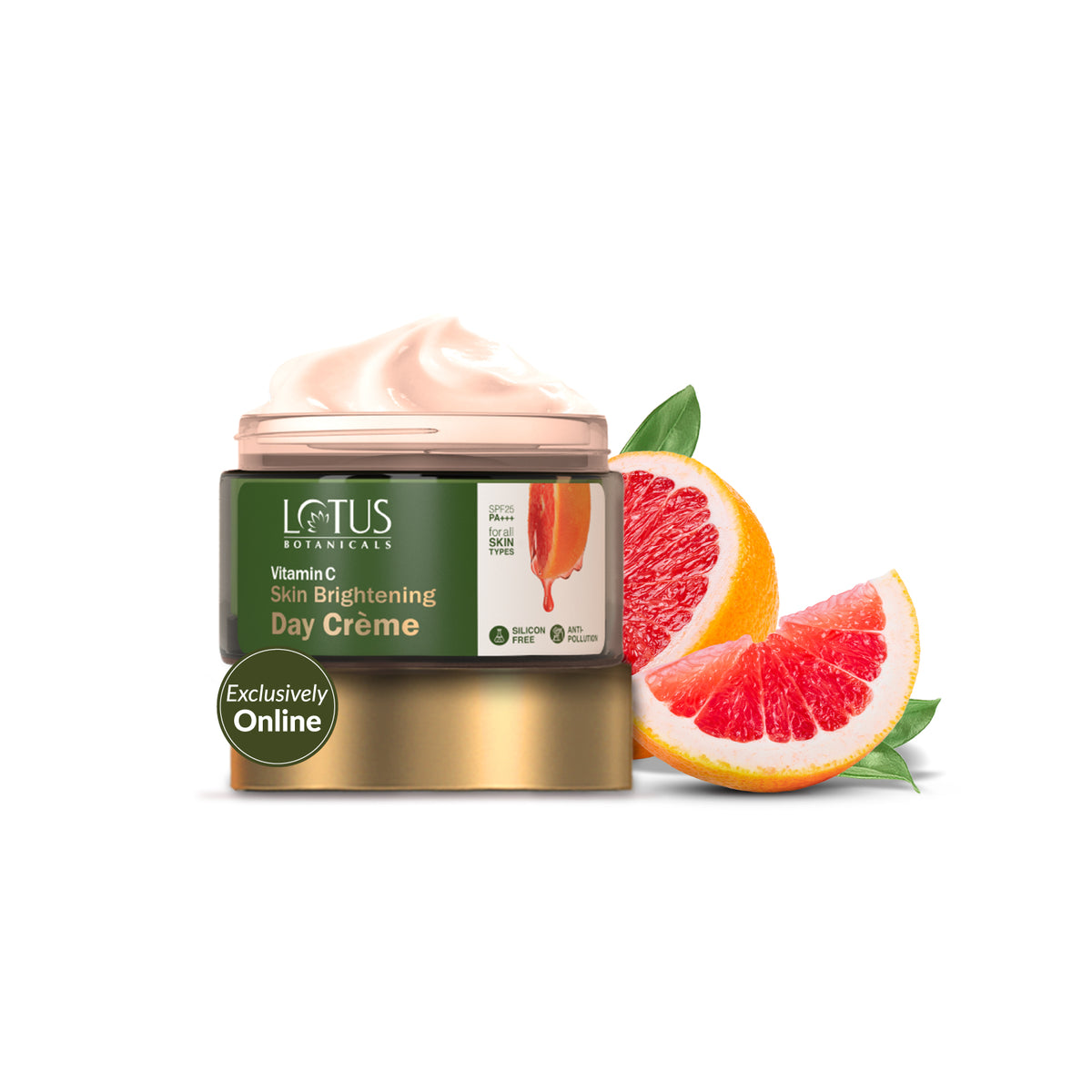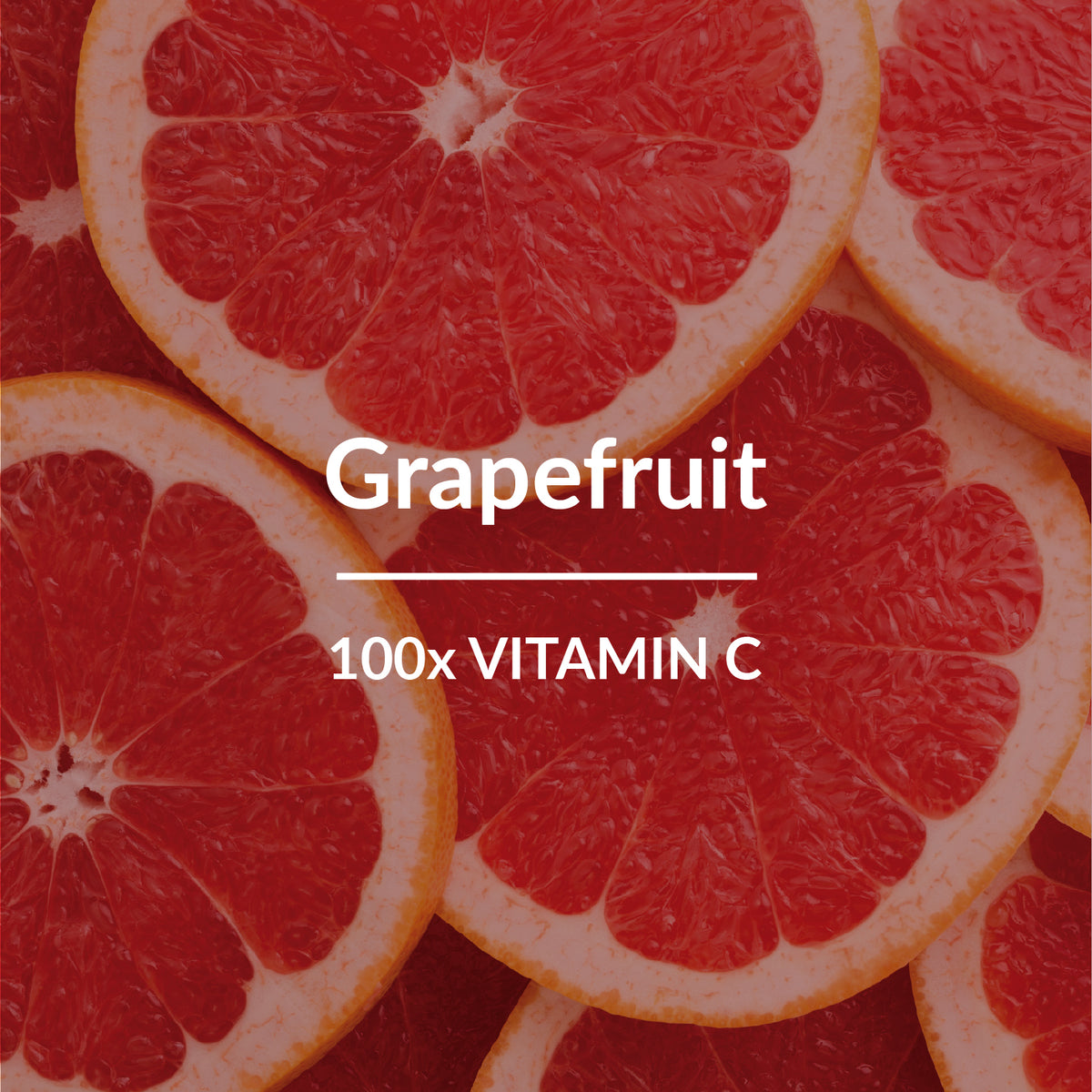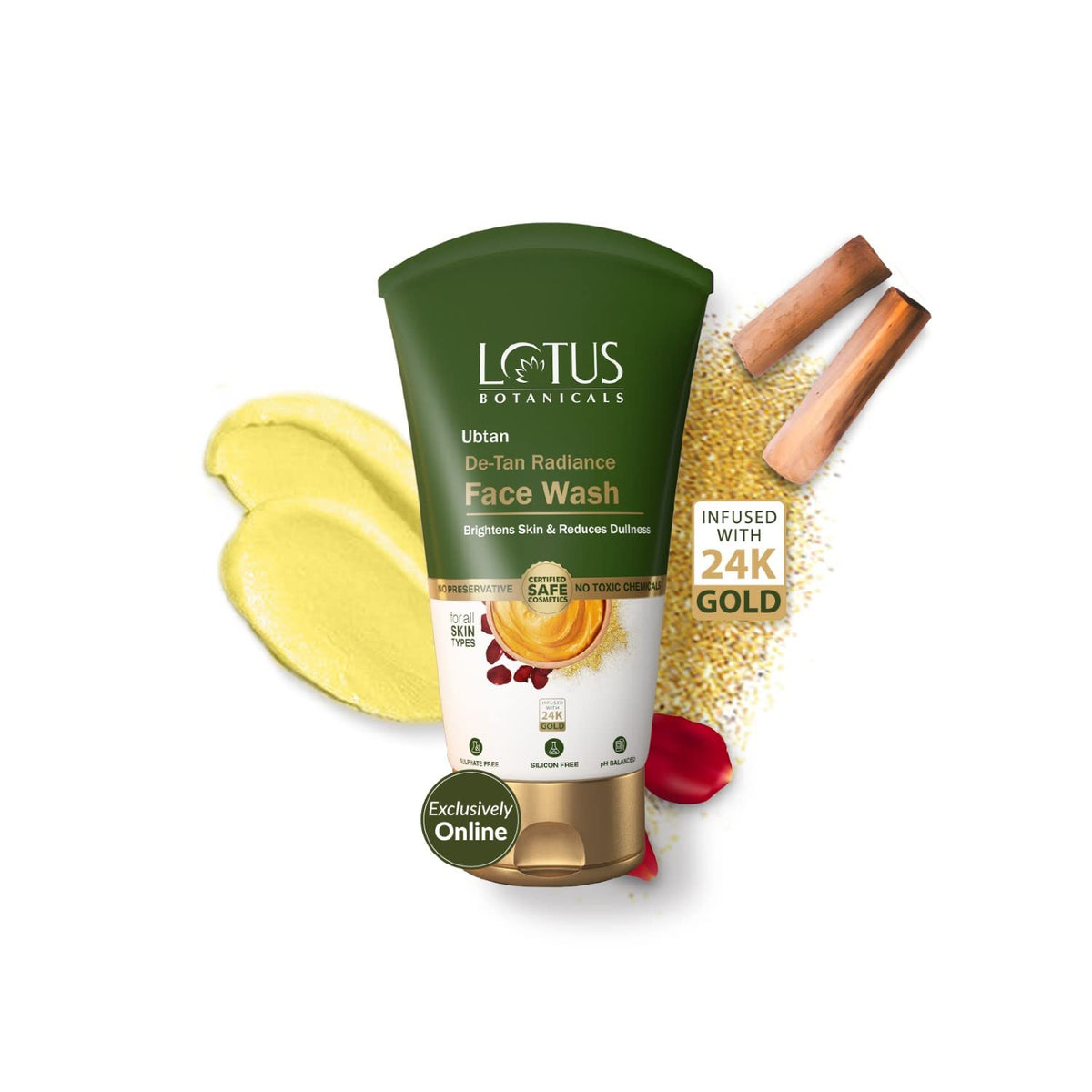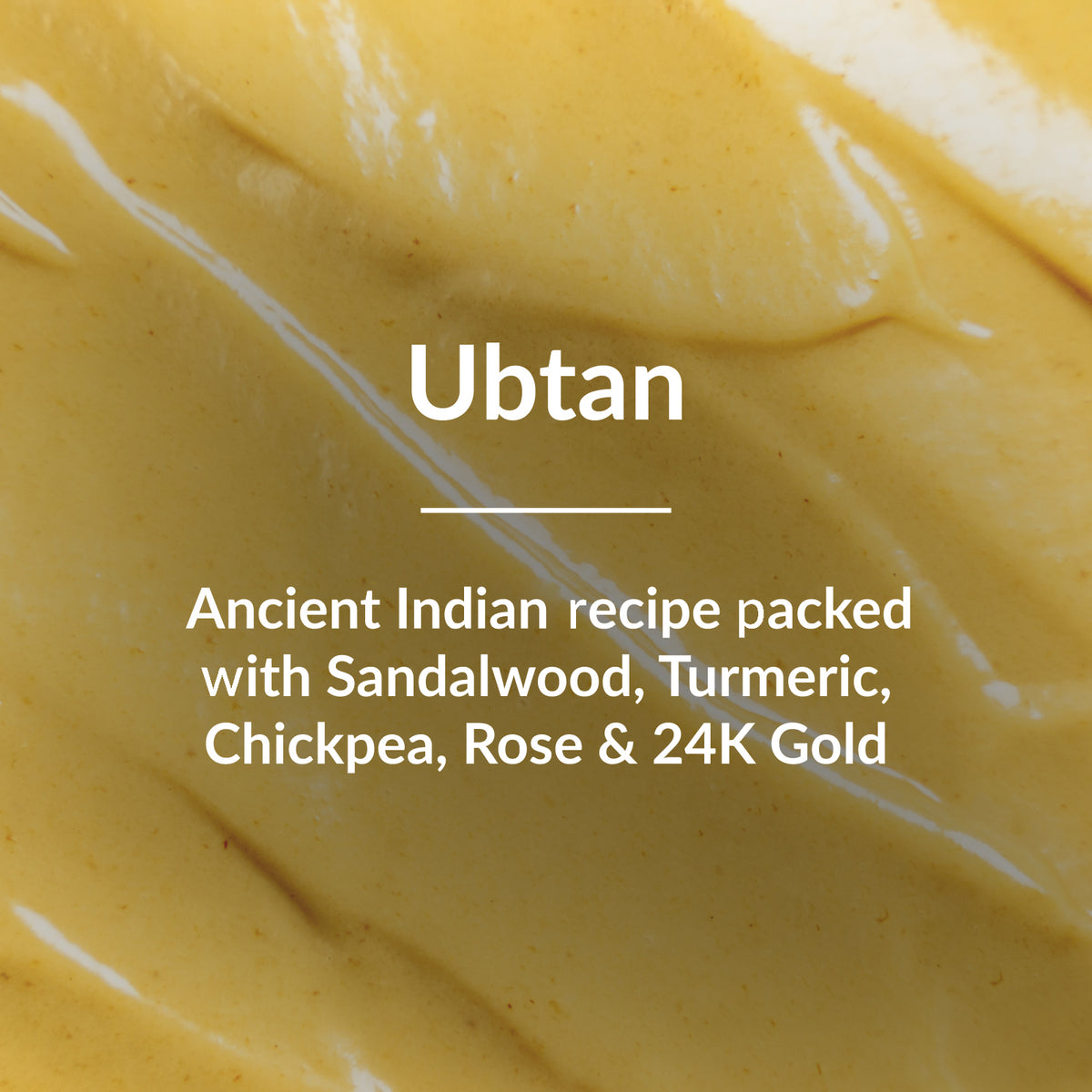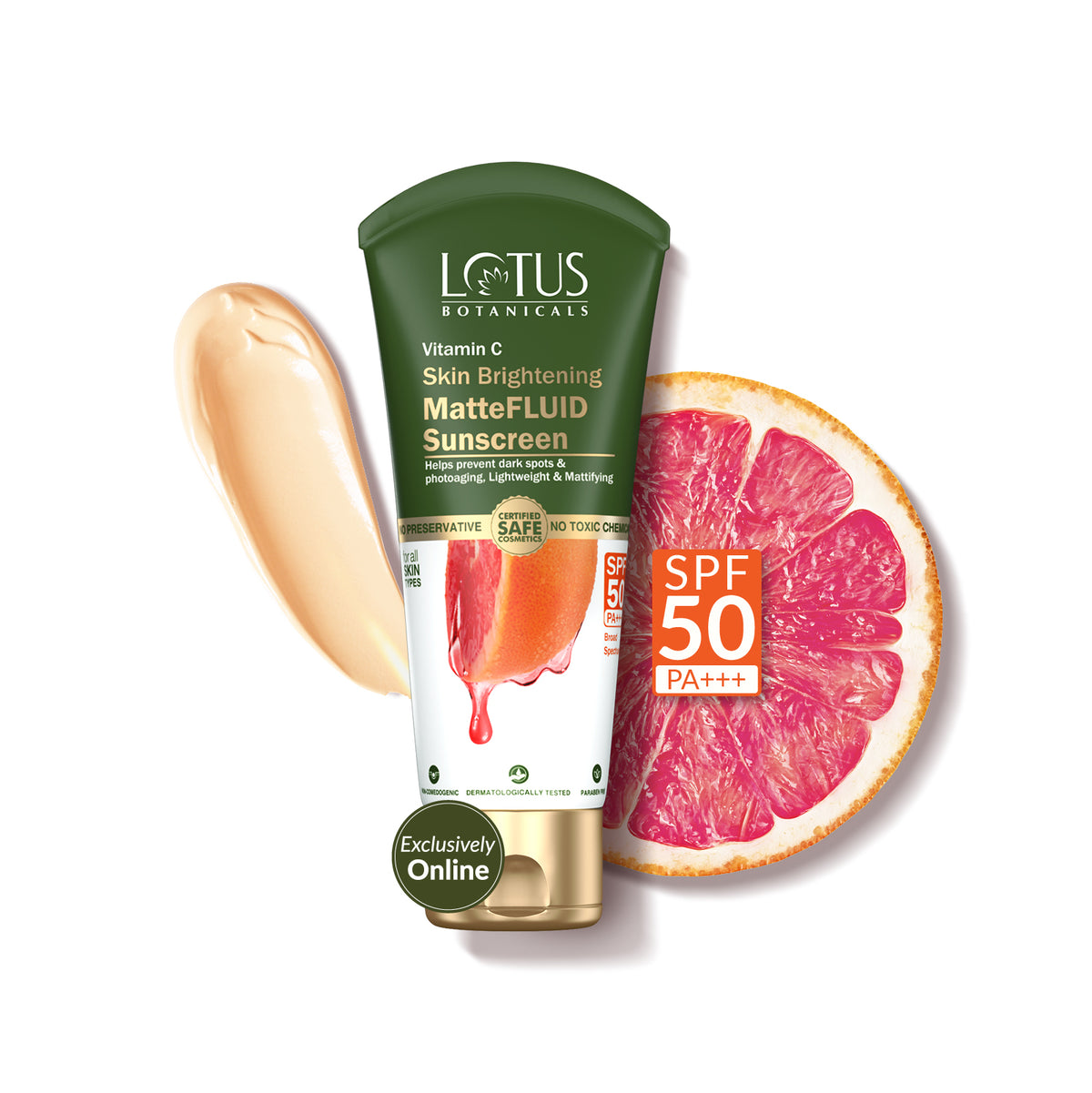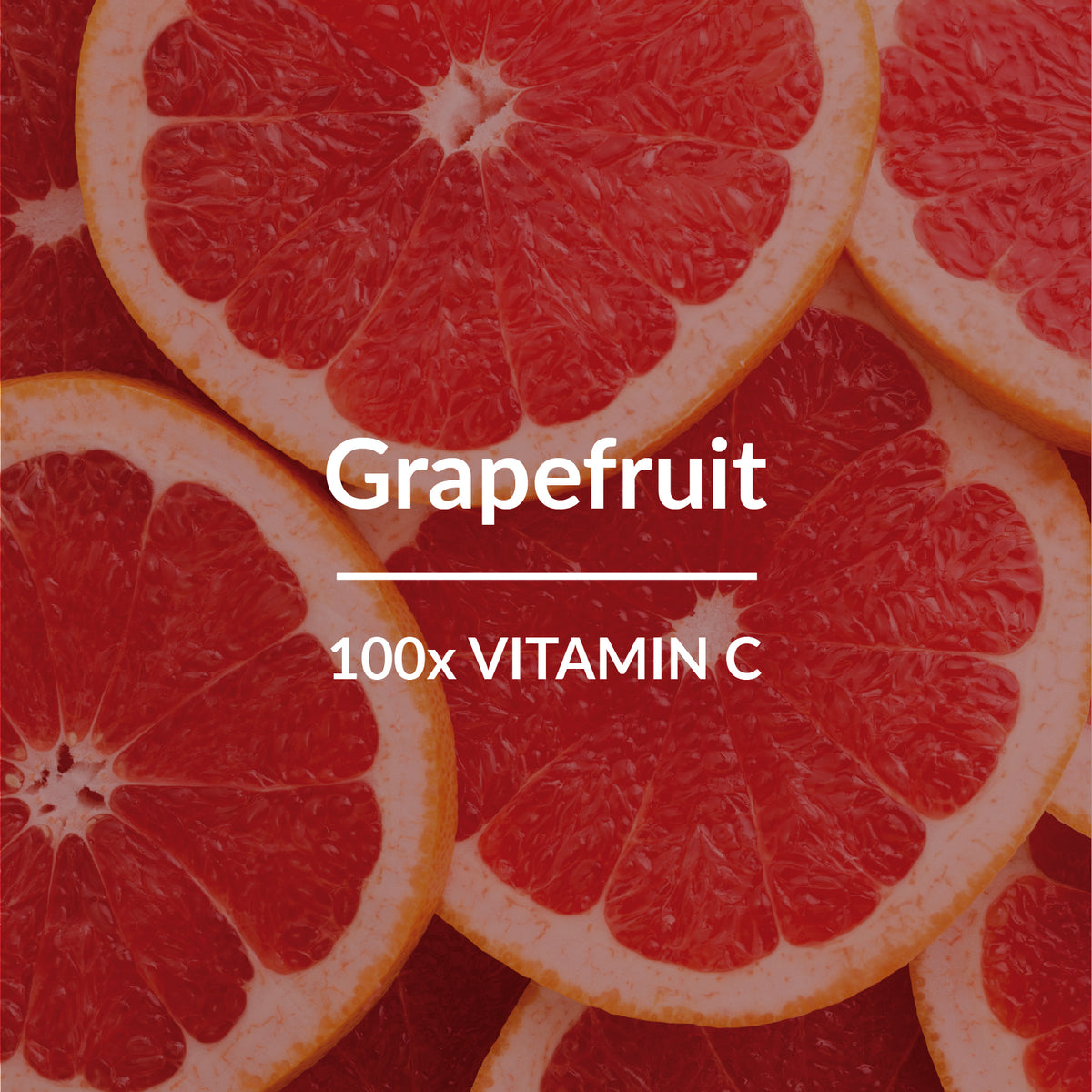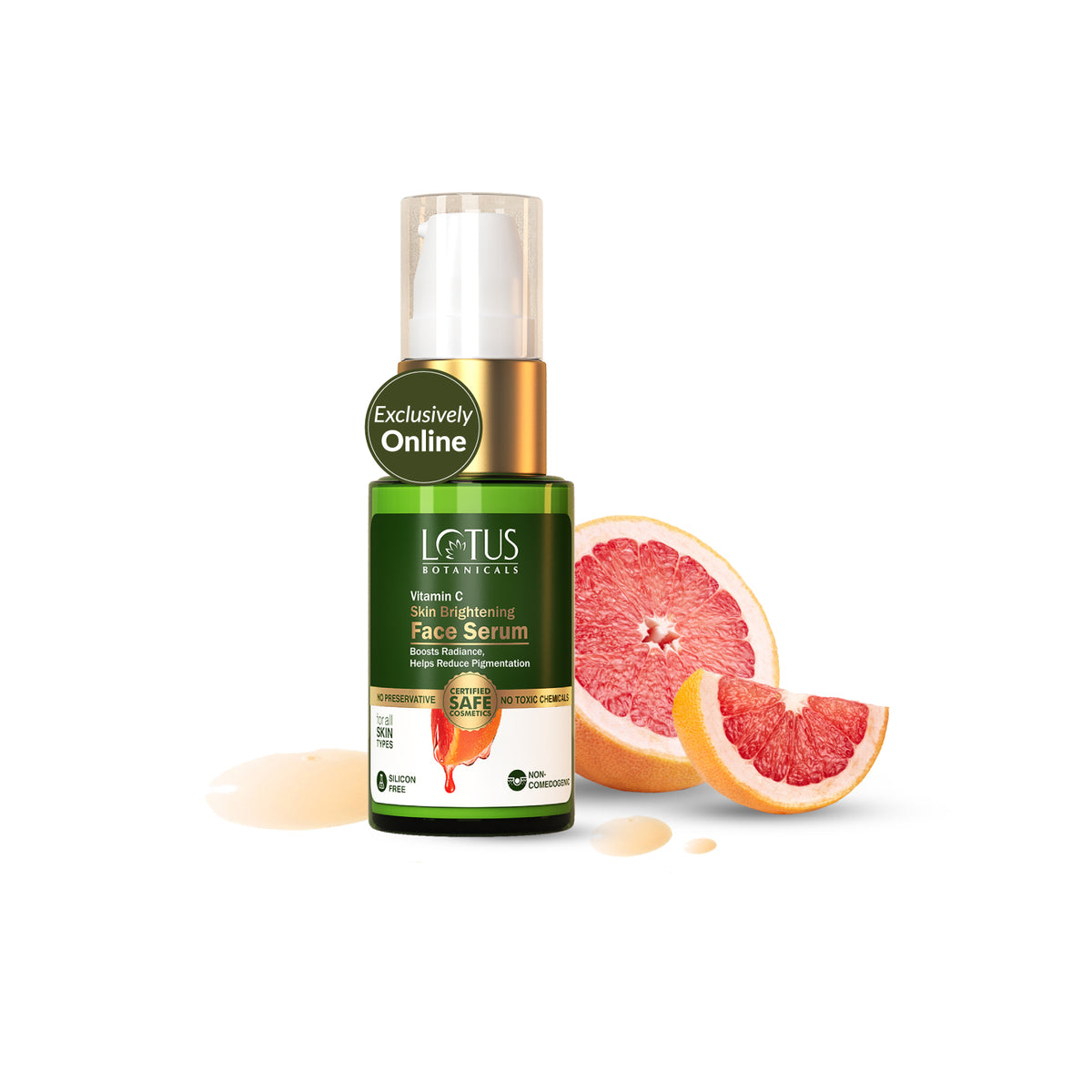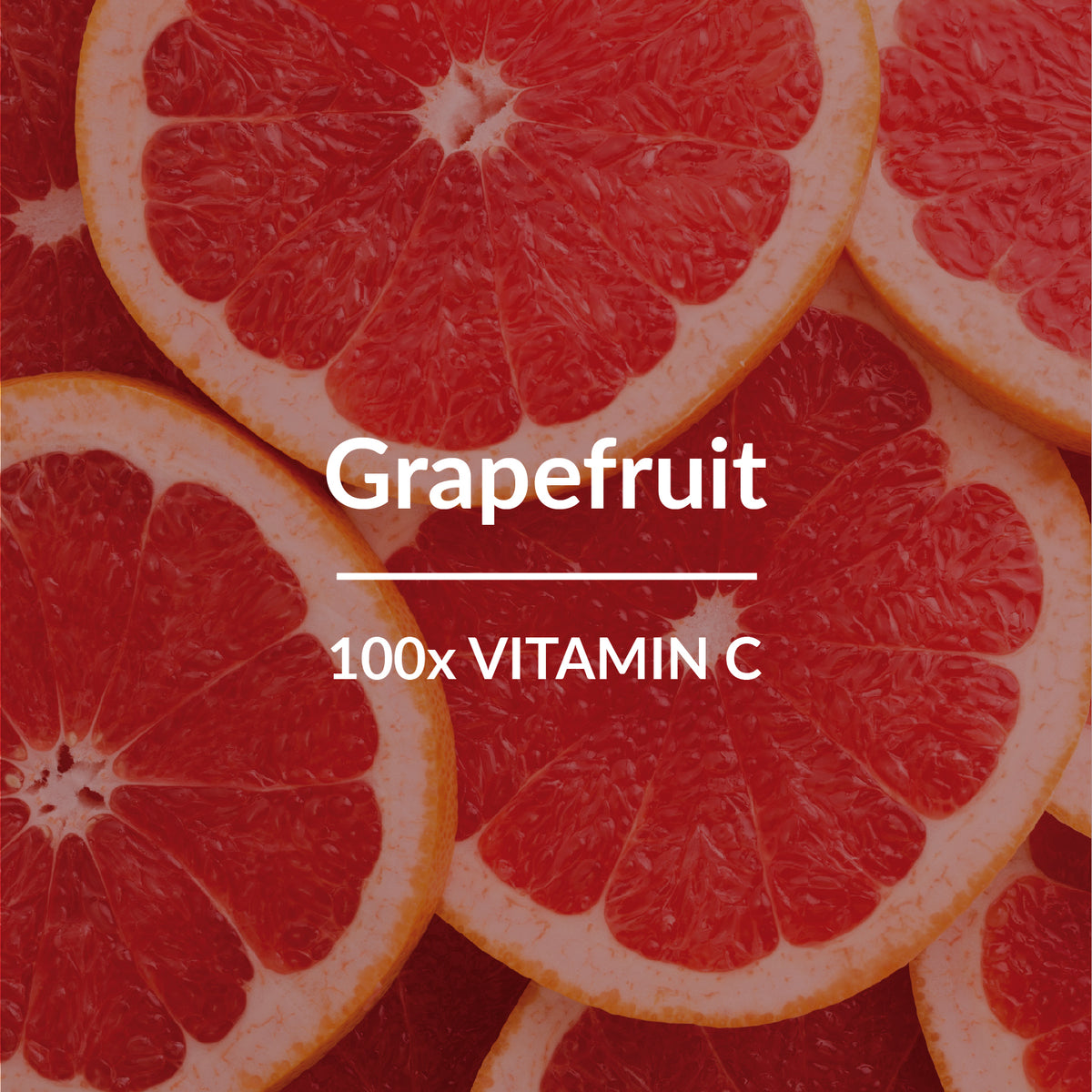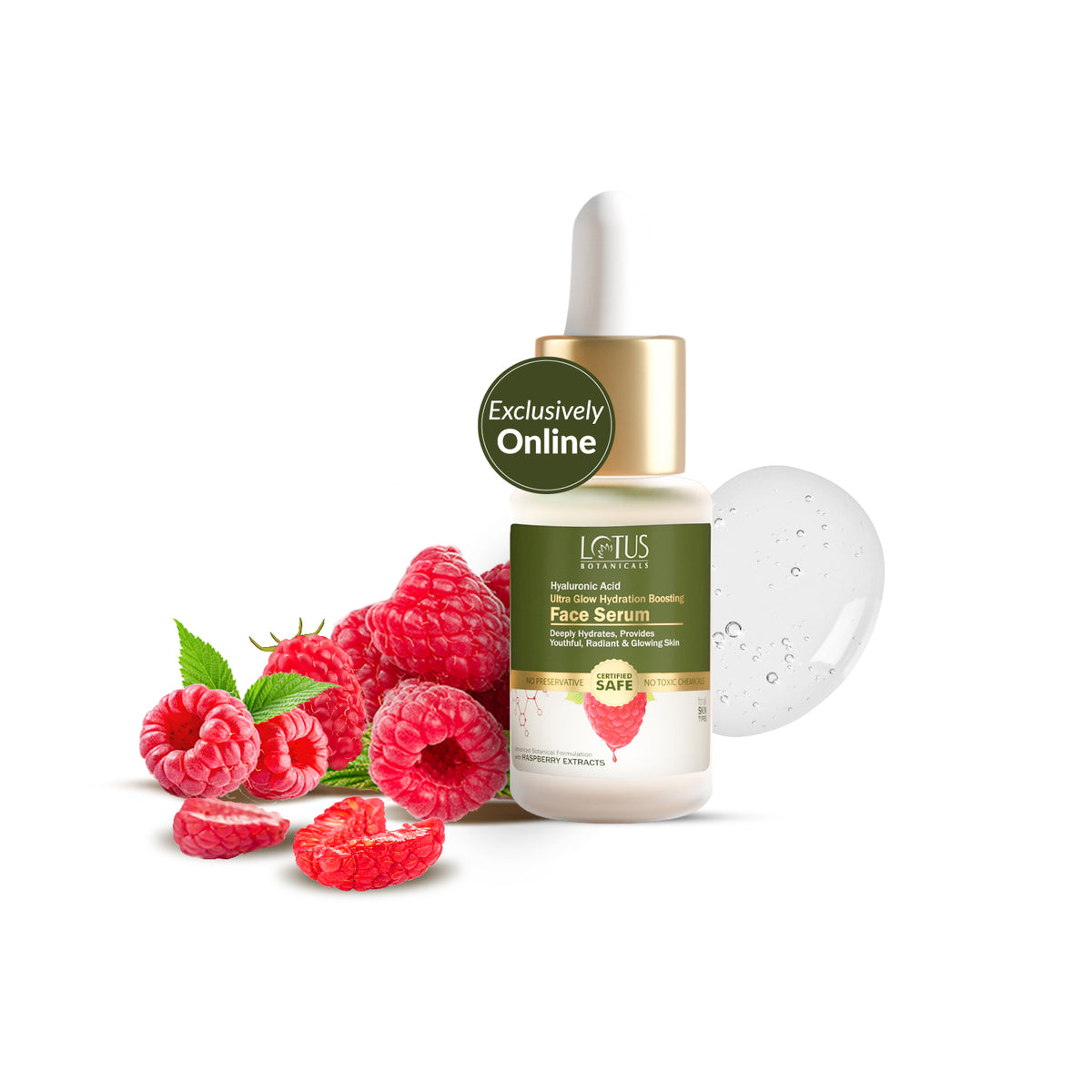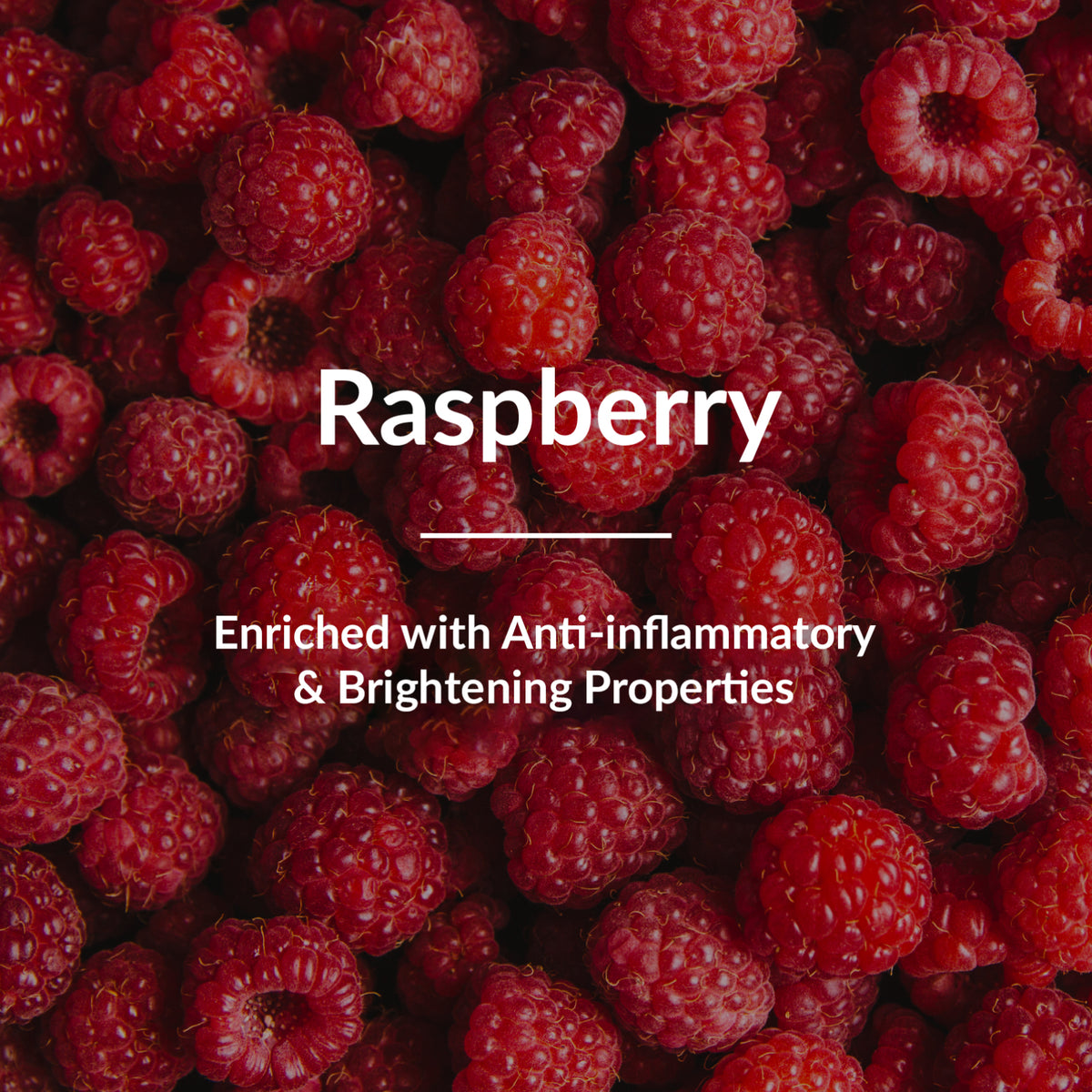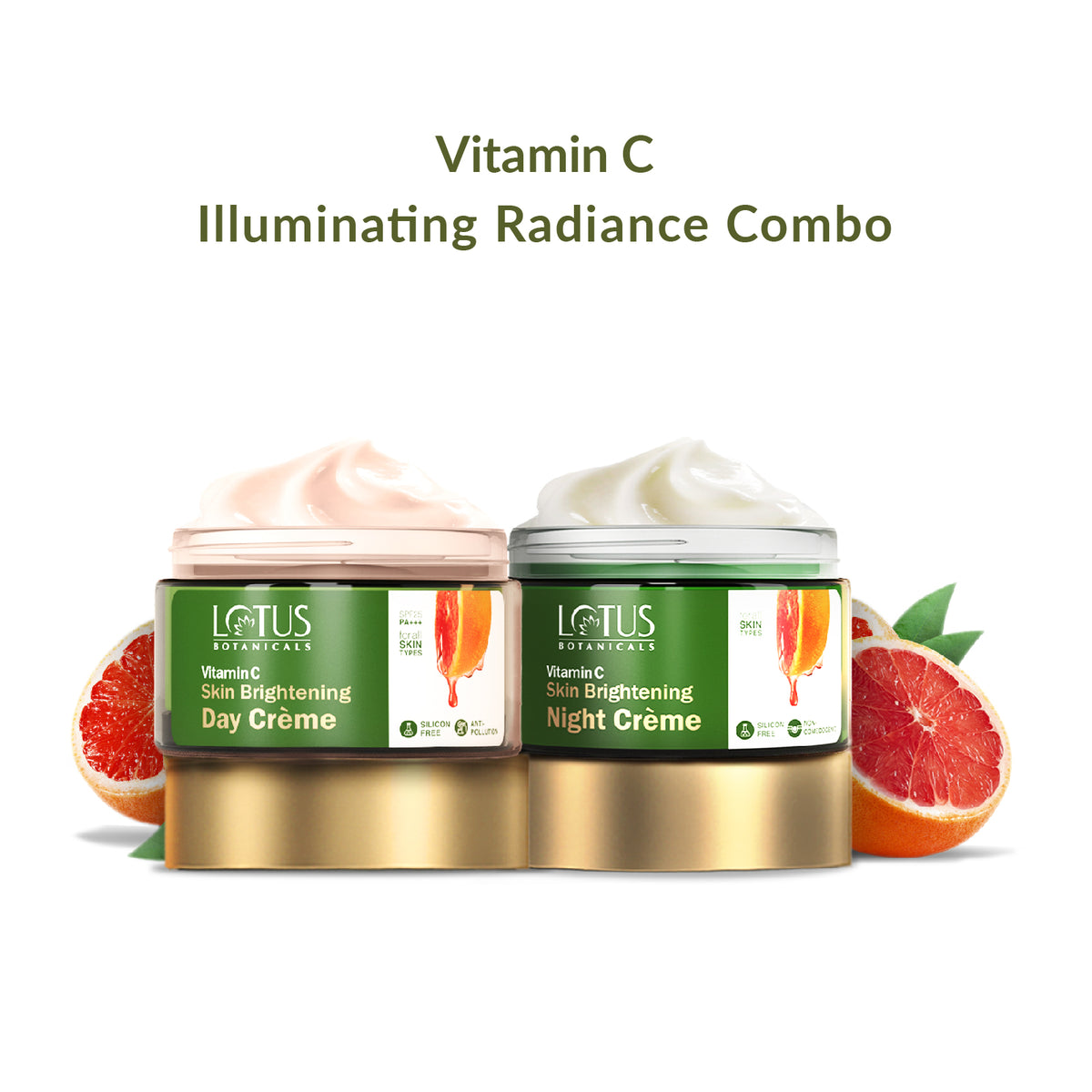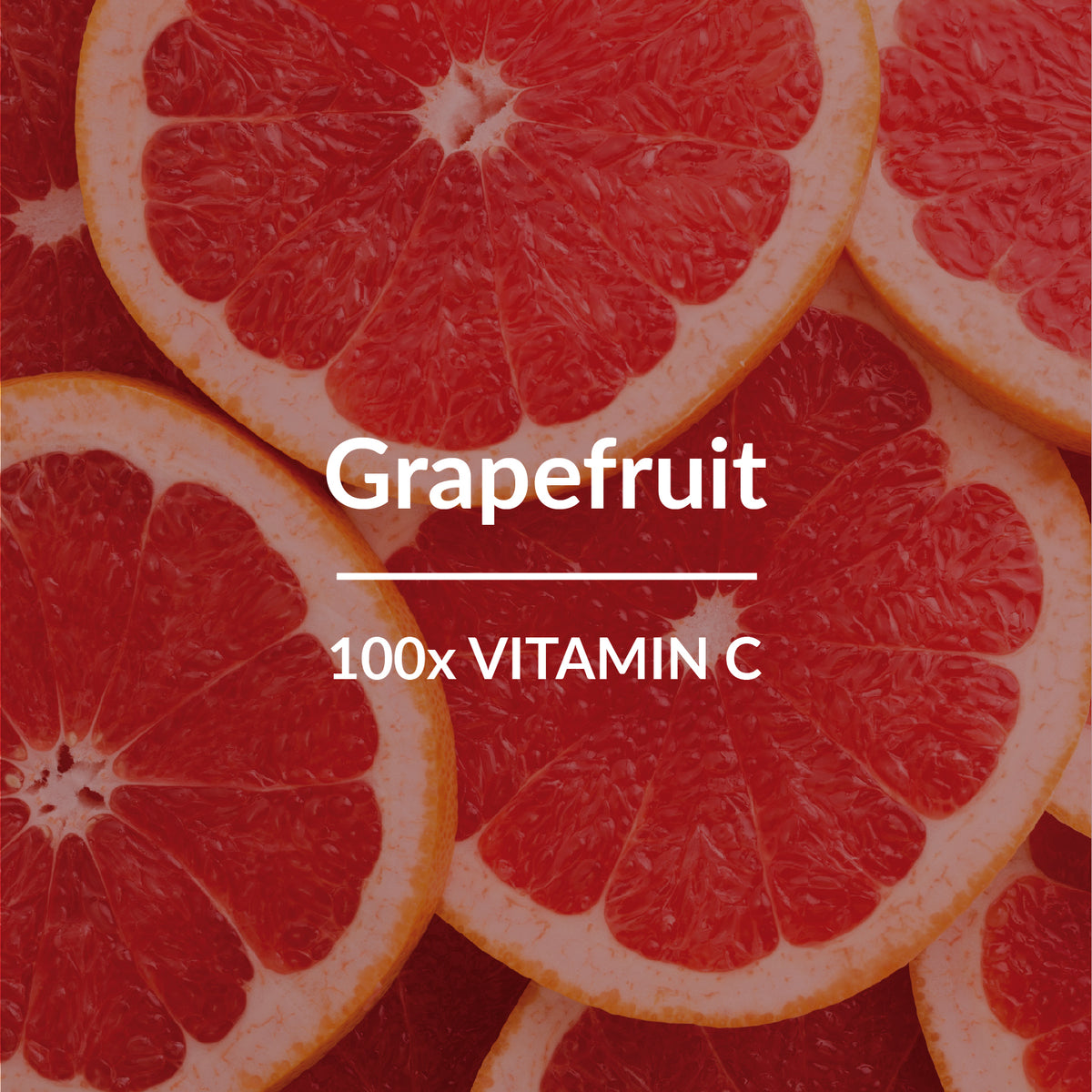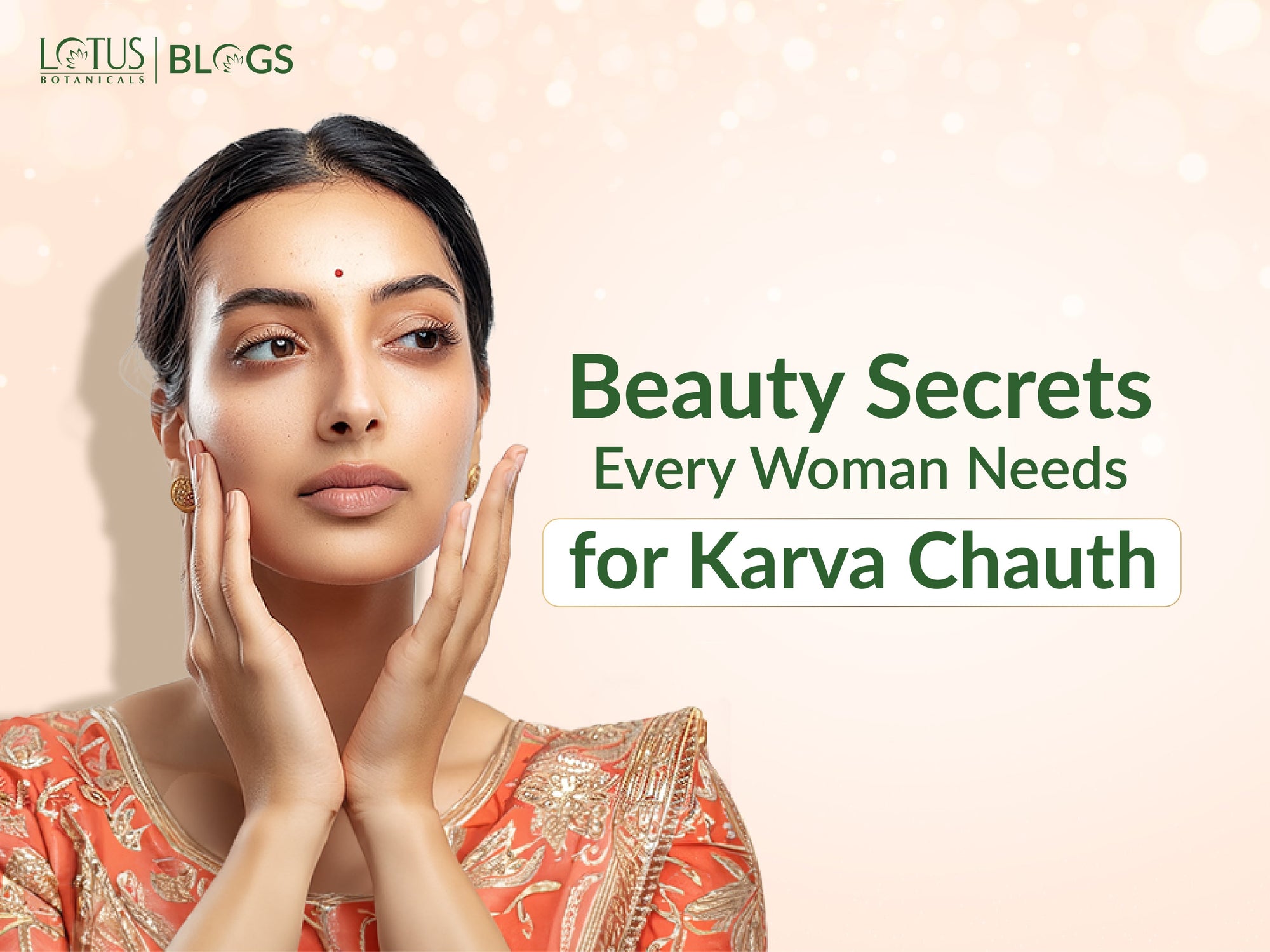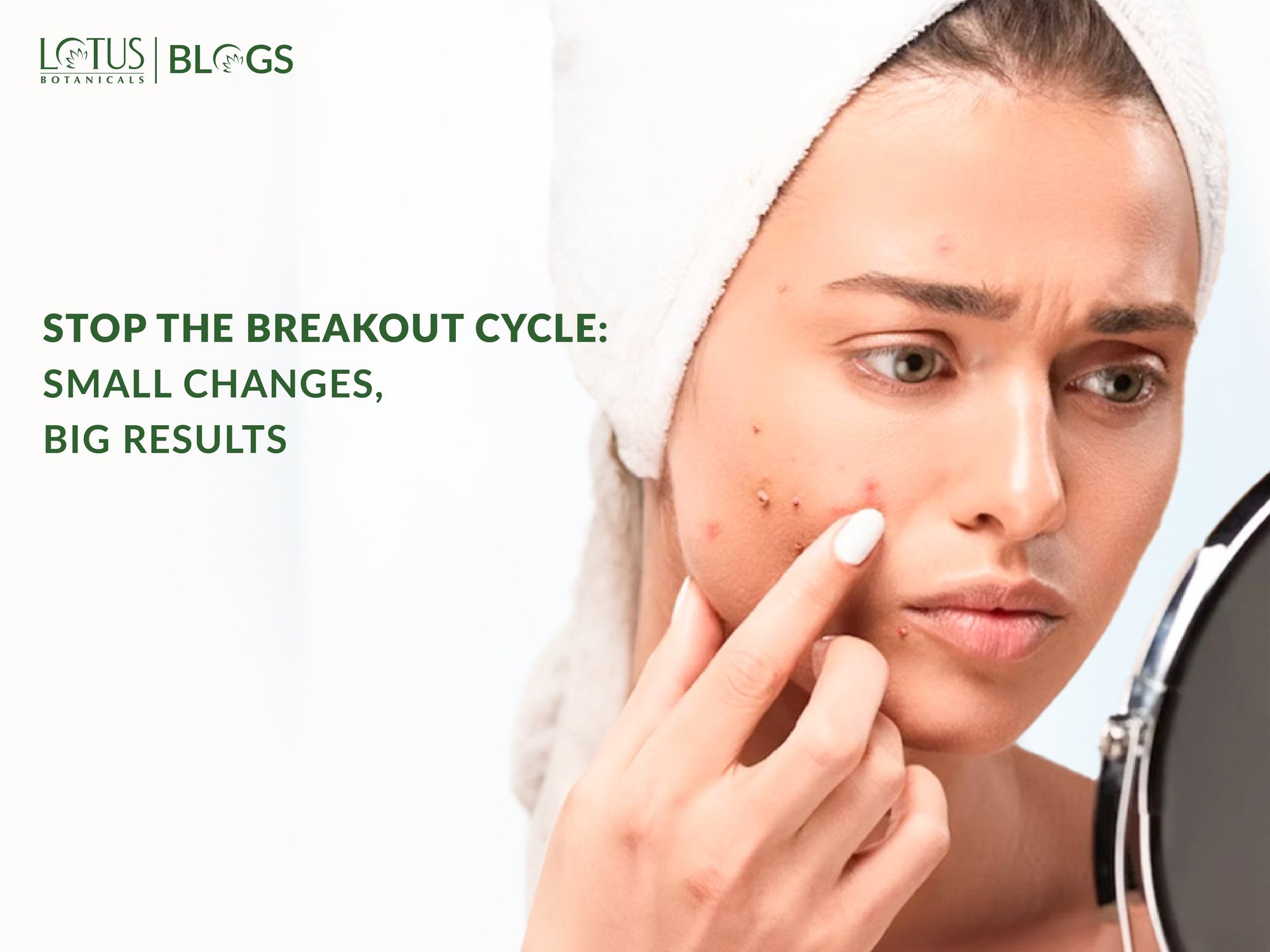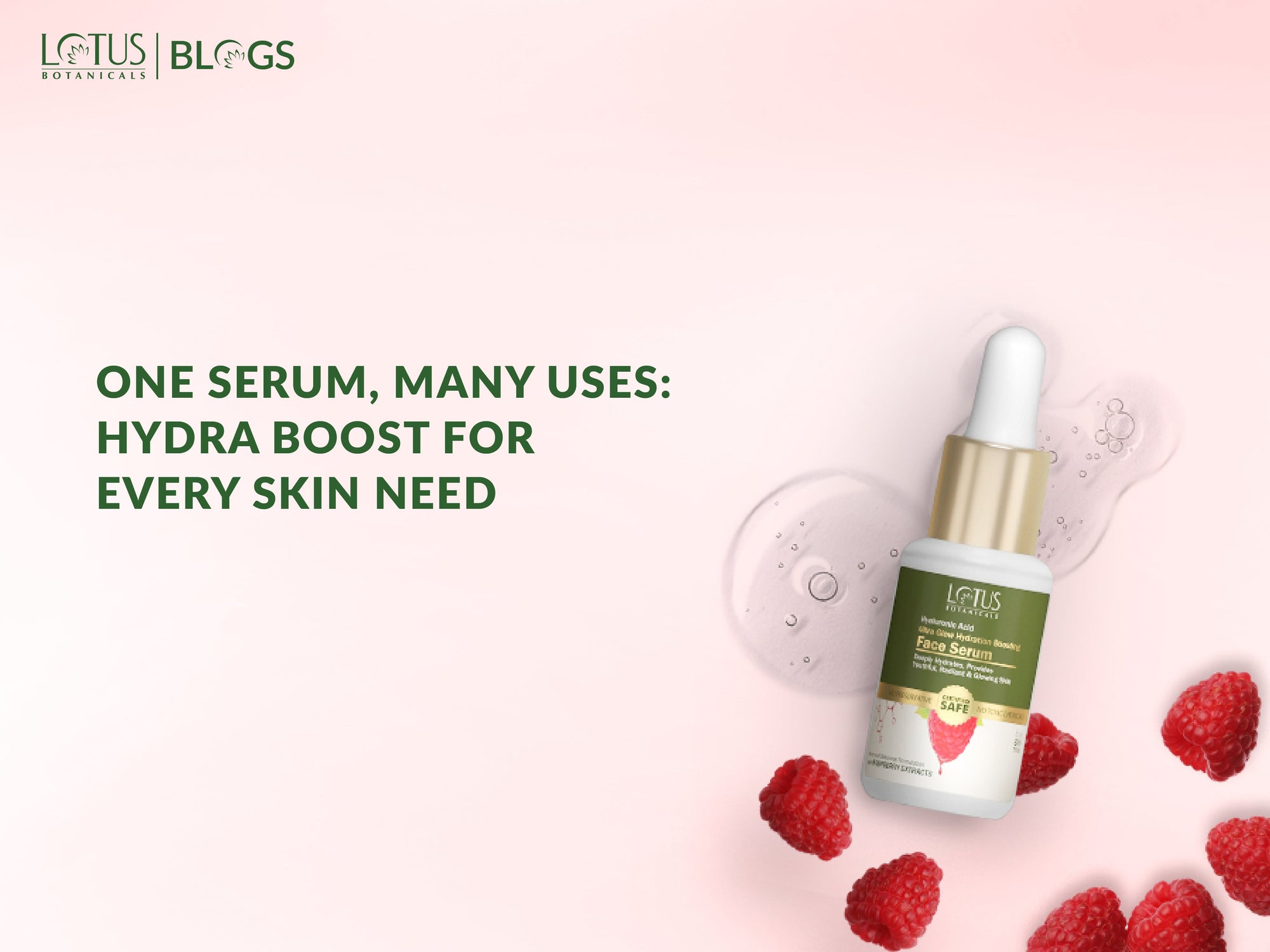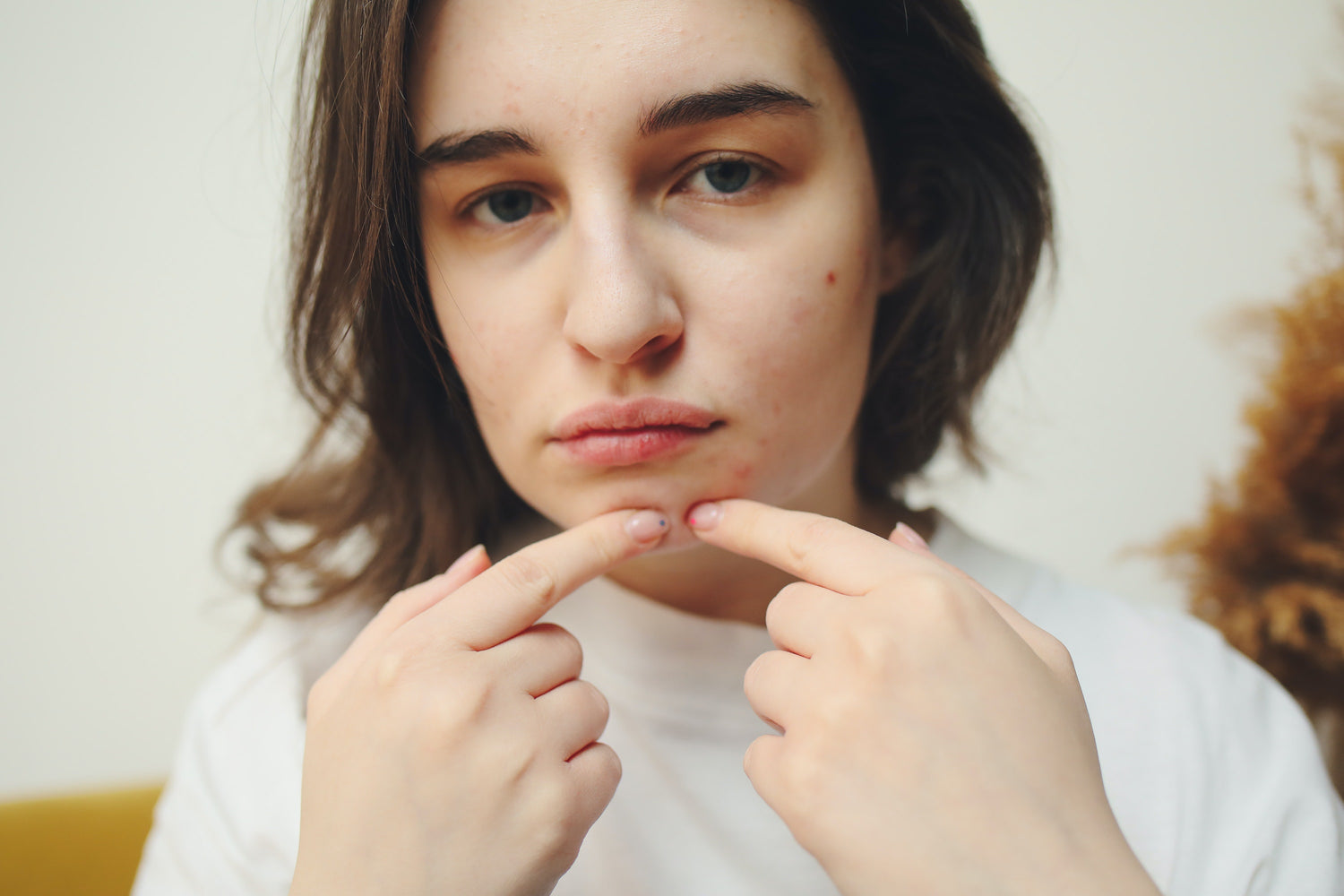
Highlights
-
What is Acne?
-
What are the Types of Acne?
-
What Causes Acne?
Achieving a Clear Complexion: Tips for Acne-Prone Skin
Acne is a common skin concern that many people in India, especially in hot and humid areas, face every day. Imagine waking up to find red bumps and pimples on your face, making you feel self-conscious and uncomfortable. That's what acne does, and it's a challenge that affects people of all ages.
In India, where the sun often shines brightly and the weather gets quite hot, acne can be even more troublesome. The heat and humidity can lead to increased sweating, which, combined with excess oil production, clogs the pores and creates a breeding ground for acne-causing bacteria.

But don't worry! This article is here to help you. We'll explore simple and effective ways to tackle acne, especially in hot and sweaty climates. With the right knowledge and skincare routine, you can achieve a clear complexion and boost your self-confidence, no matter where you live in India. So, let's dive in and discover how to combat acne and keep your skin healthy in the heat.
What is Acne?
Acne is a common skin problem that happens when tiny holes in our skin, called pores, get clogged with oil, dead skin cells, and bacteria. It usually shows up as red bumps, blackheads, or whiteheads on the face, neck, back, and chest.
Acne can make the skin look not-so-smooth and can sometimes hurt or feel itchy. Many people, especially teenagers, get acne, but it can affect people of all ages.
What are the Types of Acne?
There are several types of acne, each with its own characteristics and severity. The main types of acne include
1. Comedonal Acne
This type of acne is characterized by the presence of comedones, which are non-inflammatory lesions. There are two subtypes:
- Blackheads (Open Comedones): These are small, dark spots that appear when the hair follicles are clogged with excess oil and dead skin cells. The black color is due to the oxidation of the clogged material.
- Whiteheads (Closed Comedones): Whiteheads are similar to blackheads but have a closed surface. They appear as small, flesh-colored bumps.
2. Inflammatory Acne
Inflammatory acne is a type of acne where the skin gets red, swollen, and sometimes hurts. It happens when the pores on your skin get clogged with dirt, oil, and bacteria. It includes:
- Papules: Small, red bumps without a visible center.
- Pustules: Red bumps with a white or yellow pus-filled center.
- Nodules: Large, painful, solid lumps beneath the skin's surface.
- Cysts: Deep, pus-filled lumps that are often painful and can cause scarring.
3. Cystic Acne
Cystic acne is a severe form of acne where big, painful lumps form deep under the skin. These lumps are filled with pus and can be very uncomfortable. They often leave scars when they go away.
Cystic acne is tougher to treat than regular acne, so it's important to see a doctor or dermatologist for help. They might recommend special medications or treatments to make it better.
4. Acne Fulminans
This is a very uncommon and very bad type of acne. It not only makes your skin really sore but also makes you sick with things like a fever and hurting joints. With acne fulminans, you can get deep, open sores, and they can leave lasting marks on your skin.
Doctors will use strong medicines to treat it because it's so serious, and it's important to see a doctor right away if you think you have it.
5. Acne Mechanica
This type of acne is triggered by friction, pressure, or heat on the skin, such as from wearing tight clothing or using sports equipment. It often affects athletes or people in certain professions who wear helmets or tight uniforms.
What Causes Acne?
Acne happens when tiny tubes in your skin, called hair follicles, get blocked. These follicles are like tiny containers that hold your hair. They also have some small glands that put stuff into these containers.

Sometimes, too much stuff gets inside these containers and blocks them. When this happens, your skin's small openings, called pores, can get clogged. These clogs can be caused by:
- Too Much Stuff: Sometimes, there's just too much stuff inside these tiny containers, and they get all jammed up.
- Skin Oils and Dirt: The stuff that blocks your pores can be the natural oils your skin makes, along with dirt and other things.
- Dead Skin Cells: Sometimes, the outer layer of your skin sheds dead cells, and these can mix with skin oils and block the pores.
When these pores are blocked, it creates a perfect place for acne-causing problems to grow, like pimples and blackheads. So, it's important to keep your skin clean and take care of it to avoid these clogs.
Creating a Skincare Routine
Creating a skincare routine is a crucial step in maintaining healthy and radiant skin. Regardless of your skin type or concerns, a well-planned skincare routine can help address specific issues and promote overall skin health. Below, we'll outline the key steps to creating an effective skincare routine:
1. Cleansing
Cleansing is like giving your face a good wash. It's an important step in your skincare routine because it helps remove dirt, yucky stuff, and makeup from your skin. You want to use a gentle cleanser and not water that's too hot because hot water can make your skin dry.
Here's how you do it:
- Wet your face with lukewarm water.
- Take a little bit of your gentle cleanser and make some foam or bubbles.
- Gently rub the bubbles on your face, making sure to cover all areas.
- Rinse it off with water, and pat your face dry with a clean towel.
Cleansing helps keep your skin clean and ready for the other skincare stuff you'll put on it.
2. Exfoliation (2-3 times a week)
Exfoliation is like a deep cleaning for your skin. It helps get rid of tiny pieces of old skin and clears out the tiny holes in your skin where dirt and oil can get stuck. Doing this 2-3 times a week can make your skin smoother and cleaner.
You can use special products that have tiny grains or liquids that can help with exfoliation. Just remember not to do it every day, as it might make your skin too sensitive or irritated.
So, a few times a week is just right for a fresh and bright complexion.
Tea Tree Acne Control & Pore Cleansing Power Serum
Removes Blackheads & Whiteheads | Prevents Acne & Pimples | Cleanses Pores
Natural Baking Soda Anti-Acne Face Wash
Deeply Cleanses | Removes dirt & oil | Prevents acne breakouts
3. Toning
After cleansing your face, it's time to use a toner. Think of toner as a helpful friend for your skin. It's like giving your skin a little boost of goodness.
Toners come in liquid form and are gentle on your skin. They help balance your skin and get it ready for the next steps. Some toners can even add extra hydration. Look for one that suits your skin type, and it can make your skin feel refreshed and happy.
A good option to try is the "Natural Green Tea HydraDetox Refreshing Face Toner Mist" by LotusBotanicals, which is known for its soothing and refreshing properties.
4. Serums and Treatments
Serums and treatments are like supercharged potions for your skin. They're packed with powerful ingredients that can help with specific skin issues.
For instance, if you want brighter skin, you can try a serum with vitamin C. Vitamin C helps make your skin look more radiant and even-toned.
One great option to consider is the "Vitamin C Skin Brightening Face Serum" by LotusBotanicals. It's like a magical elixir that can give your skin a healthy glow. Just a few drops of this serum in your skincare routine can help you achieve a brighter complexion over time. Give it a try and watch your skin shine.
5. Moisturizing
Moisturizing is super important! It's like giving your skin a big drink of water. After cleansing, your skin needs this step to stay soft and healthy. Even if your skin is a bit oily, don't skip it!
Moisturizers lock in moisture to keep your skin balanced. They create a protective layer that prevents water from escaping. Plus, they make your skin feel comfortable, not tight or dry.
Want a great option? You can try using LotusBotanicals “Vitamin C Skin Brightening Face Moisturizer." It's not only a moisturizer but also contains vitamin C to brighten your skin. So, it's like a double bonus – hydration and a healthy glow.
Natural Baking Soda Anti-Acne Face Scrub
Anti Acne | Unclogs & Clears Pores | Removes blackheads & whiteheads
Tea Tree Acne Control & Pore Cleansing Power Serum
Removes Blackheads & Whiteheads | Prevents Acne & Pimples | Cleanses Pores
6. Use Sunscreen (AM Routine)
Sunscreen is like a protective shield for your skin, especially if you have acne. It's not just about avoiding sunburns; sunscreen helps your skin in many ways.
When you have acne, some treatments can make your skin more sensitive to the sun. Sunscreen blocks harmful sun rays, preventing them from making acne scars and redness worse. It also stops the sun from darkening those annoying post-acne marks.
For those with acne-prone skin, it's crucial to use a sunscreen that won't clog your pores or make you feel greasy. A good option is LotusBotanicals’ “Vitamin C Skin Brightening MatteFLUID Sunscreen," which not only protects your skin but also brightens it up.
7. Use Night Cream
Sunscreen is like a protective shield for your skin, and it's not just for sunny days at the beach. Even on cloudy days or when you're indoors, harmful UV rays from the sun can reach your skin, and they can be especially tricky for acne-prone skin.
Here's why sunscreen is a good friend for your acne:
- Acne can leave behind dark spots and scars. Sunscreen helps prevent these spots from getting darker and makes them less noticeable over time.
- Some acne treatments can make your skin more sensitive to the sun. Sunscreen acts as a barrier, reducing the risk of redness and irritation.
- Sweating in the sun can clog pores and worsen acne. Sunscreen can help minimize this effect.
For a gentle and effective option, you can try LotusBotanicals’ “Natural Green Tea HydraDetox Soothing Night Gel," which offers protection and hydration without clogging pores.
Remember, protecting your skin from the sun is a great way to keep your complexion looking its best, especially if you're dealing with acne.
8. Use Eye Cream
Eye cream is like a special helper for the delicate skin around your eyes. You might want to use it if you have certain problems there, like dark circles or little lines.
This cream is lighter and gentle, which is perfect for the sensitive skin near your eyes. When you use it, put a tiny bit on your fingertip and gently dab it around your eyes, but don't rub too hard.
Eye cream can have good things in it to help with those eye issues. For example, some have ingredients that can make your skin stronger, softer, or less puffy. You don't need to use it if you don't have specific problems around your eyes, but it can be nice if you want to give that area some extra care.
Natural Baking Soda Anti-Acne Face Wash
Deeply Cleanses | Removes dirt & oil | Prevents acne breakouts
Natural Baking Soda Anti-Acne Face Scrub
Anti Acne | Unclogs & Clears Pores | Removes blackheads & whiteheads
Products and Ingredients for Acne-Prone Skin
When you have skin that often gets acne, there are certain products and things you can use to help keep your skin clear and healthy. Let's talk about them:
- Salicylic Acid: This is something you can put on your skin to help clean out the clogged pores that can cause acne. It's like a helper for your skin.
- Benzoyl Peroxide: This is another helpful thing. It can kill the bacteria on your skin that can make acne worse. But you need to be careful not to use too much because it can sometimes make your skin a bit dry.
- Retinoids: These are like skin helpers too. They can make your skin smoother and help with acne. You need to use them carefully and not too often at first, or they might irritate your skin.
- Natural Stuff: Some things like tea tree oil, green tea, and aloe vera can be good for your skin. They can have a calming effect and might help with acne.
These products and ingredients can be like tools to help you fight acne, but it's important to use them correctly and not all at once.
Lifestyle Factors for Clear Skin
Lifestyle factors mean the things you do every day that can affect your skin. To have clear and healthy skin, you need to pay attention to these things:
1. Diet and Nutrition
This means the food you eat and how it can affect your skin. Some foods can make your acne worse, like sugary and greasy things. But there are also foods that can help your skin stay clear, like fruits and vegetables.
So, it's a good idea to choose foods that are good for your skin and avoid those that can make it worse. Eating healthy can make a big difference in how your skin looks and feels.
2. Hydration
Hydration means making sure your body has enough water. Just like plants need water to stay healthy, your skin needs it too. When your skin is dry, it can make acne worse.
So, drinking plenty of water every day is like giving your skin a big drink to keep it soft and smooth. It's important to drink water regularly to help your skin look its best.
3. Stress Management
Stress is when you feel worried, anxious, or upset. When you're stressed, it can make your skin not happy, and that can cause more acne. So, it's a good idea to find ways to make stress go away.
You can do this by doing things that make you feel relaxed and happy, like taking deep breaths, going for a walk, or doing something you enjoy, like drawing or listening to music. When you do these things, it can help your skin stay nice and clear.
4. Exercise and Physical Activity
Exercise means moving your body. It's like playing, dancing, or going for a walk or run. Doing this helps your skin stay healthy. It's like giving your skin a workout, and it can make you feel happy too.
But remember, after you exercise and get sweaty, it's important to wash your face. Sweat can mix with dirt and make your skin dirty, which might lead to acne. So, keep your skin clean after you've been active to help prevent acne.
When to Seek Professional Help?
If your acne doesn't get better after trying over-the-counter products and home remedies for a few months, it's time to see a doctor.
Also, if you have painful, deep pimples (called cysts) or acne that's leaving scars, don't wait. A doctor can prescribe stronger treatments and prevent long-term damage. Remember, it's okay to ask for help when needed.
They can be a dermatologist, a special skin doctor, or a general doctor. They know lots about skin and can give you the best advice and treatments for your acne. Don't be shy about seeking their help if acne is bothering you.
Final Words
In the journey towards clearer skin, remember that you're not alone, and there's hope. Acne can be tough, especially in hot areas like India, but with the right care, patience, and persistence, you can overcome it. Always be gentle with your skin, follow a good skincare routine, and don't forget the importance of a healthy lifestyle. Seek help from professionals when needed, and most importantly,
believe in yourself. Your skin does not define your worth, and your inner beauty shines through no matter what. So, keep your chin up, stay positive, and keep working towards that clear, confident complexion. You've got this!
Highlights
-
What is Acne?
-
What are the Types of Acne?
-
What Causes Acne?
Related Products
Vitamin C Skin Brightening Day Crème
Brightens Skin | Unique Gel Crème Formula | 100x Vitamin C
Bio-Retinol Youth Radiance Ultra Crème
Helps Reduce Fine Lines & Wrinkles | Promotes Younger Looking Skin
Ubtan De-Tan Radiance Face Wash - 100ml
Gold Like Glow | Reduces Tan & Sunburns | Revives Dull Skin
Vitamin C Skin Brightening MatteFLUID Sunscreen | SPF 50 | PA+++
Unique MatteFLUID Texture | 100x Vitamin C | Dermatologically Tested
Vitamin C Skin Brightening Face Serum
Deeply Hydrates Skin | 100x Vitamin C | Reduces Pigmentation
Raspberry & Hyaluronic Acid Ultra Glow Hydration Boosting Face Serum
Deeply Mositurises Skin | Rich in Antioxidants | Promotes even skin Tone | Brightens Skin







